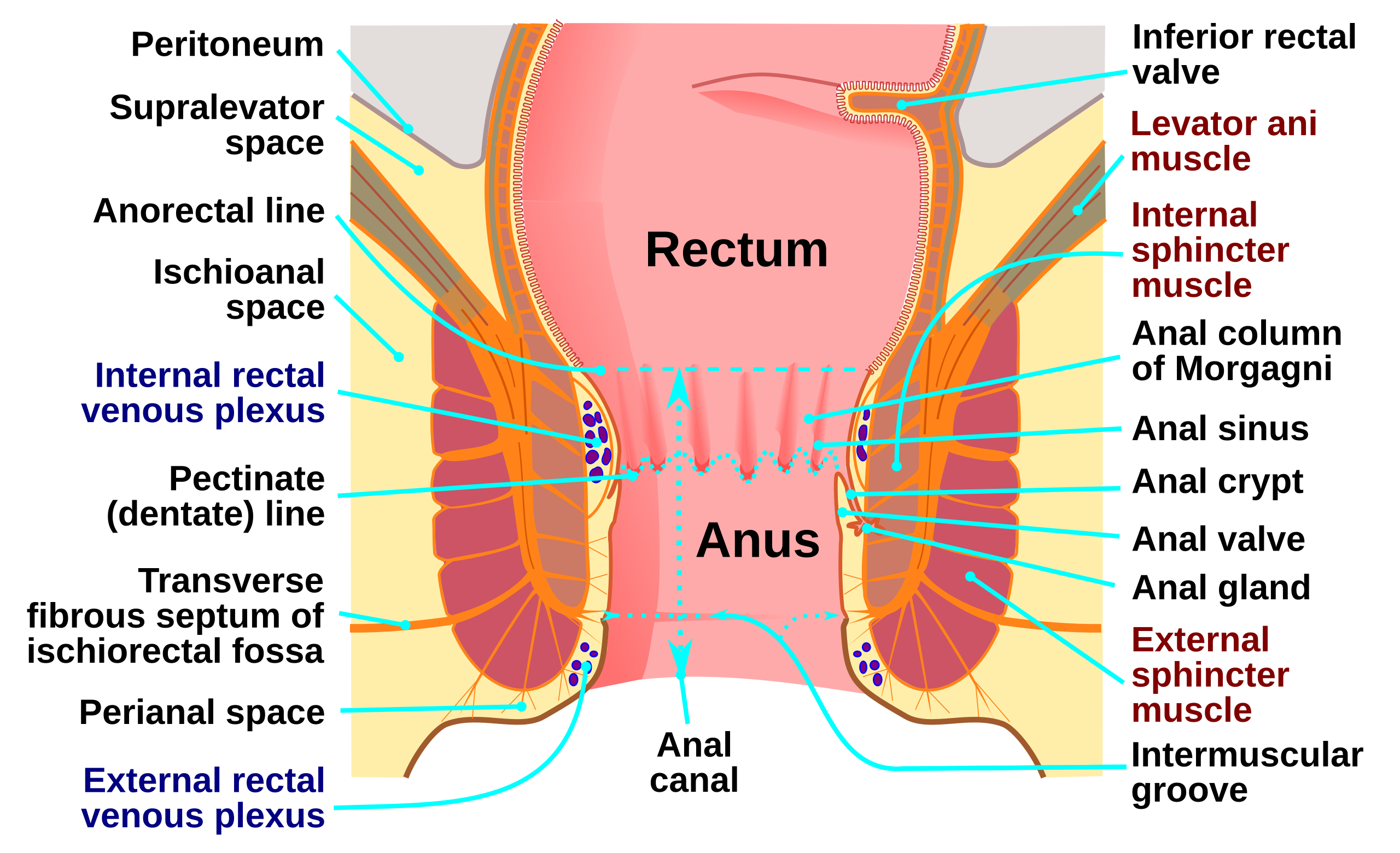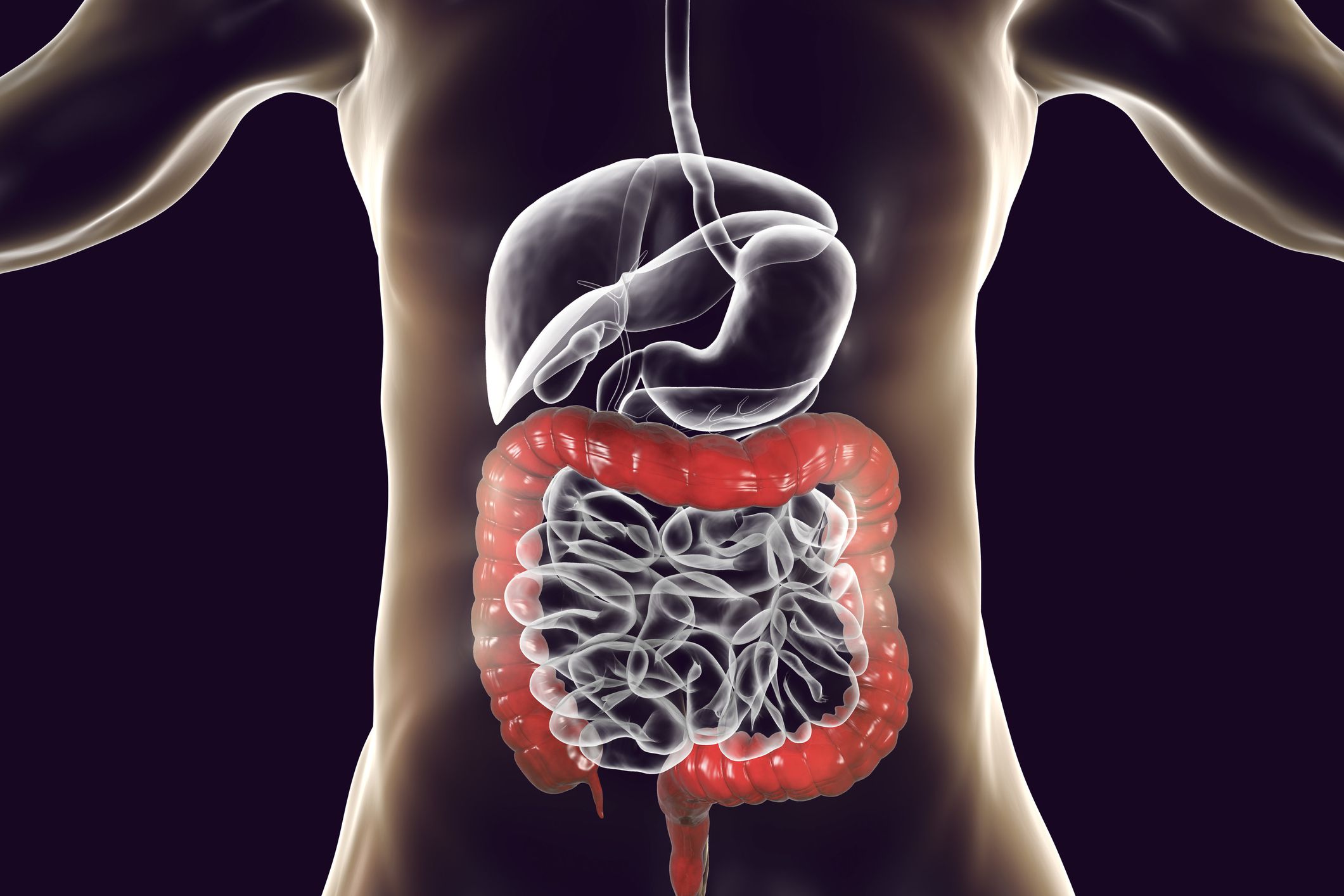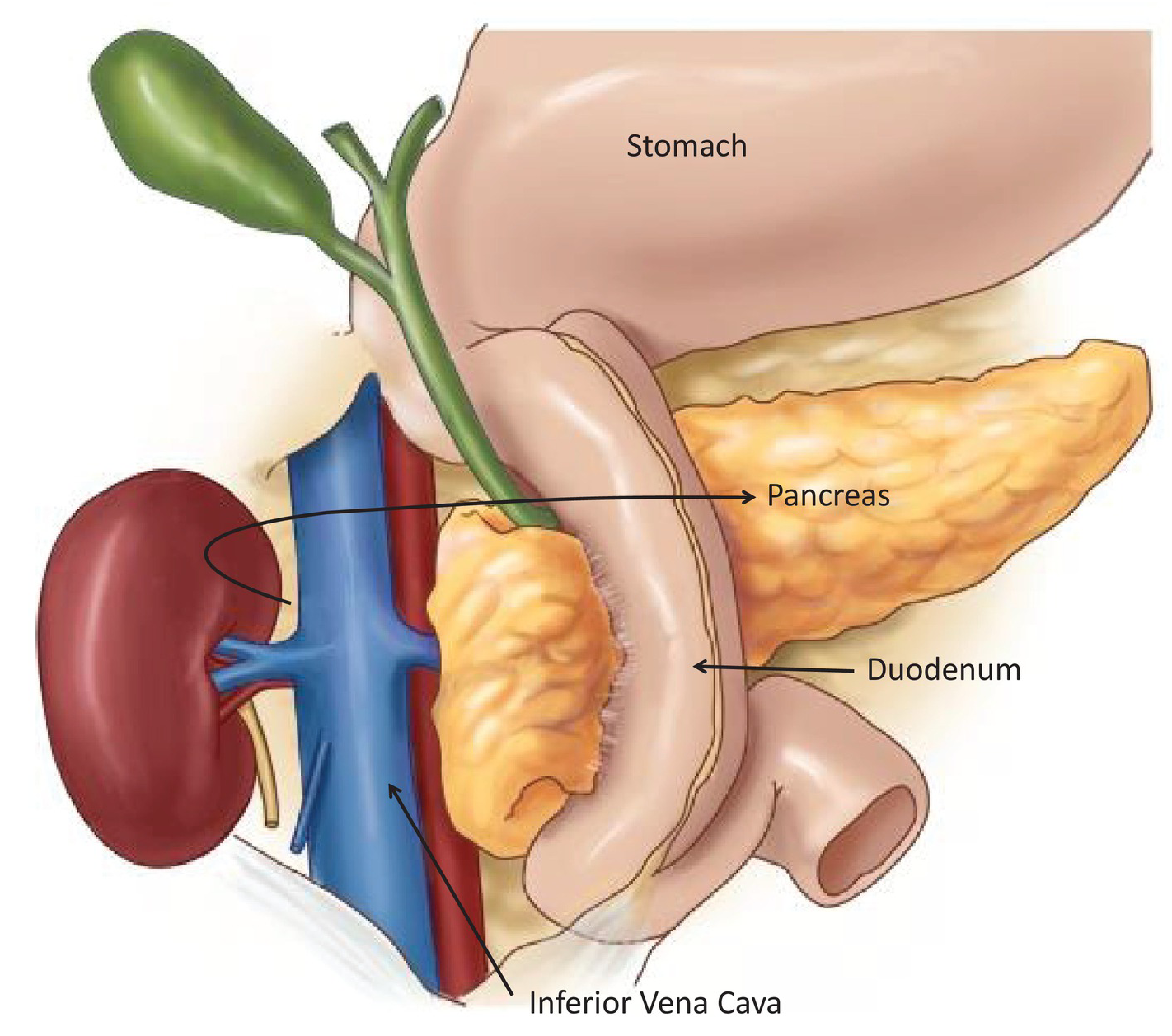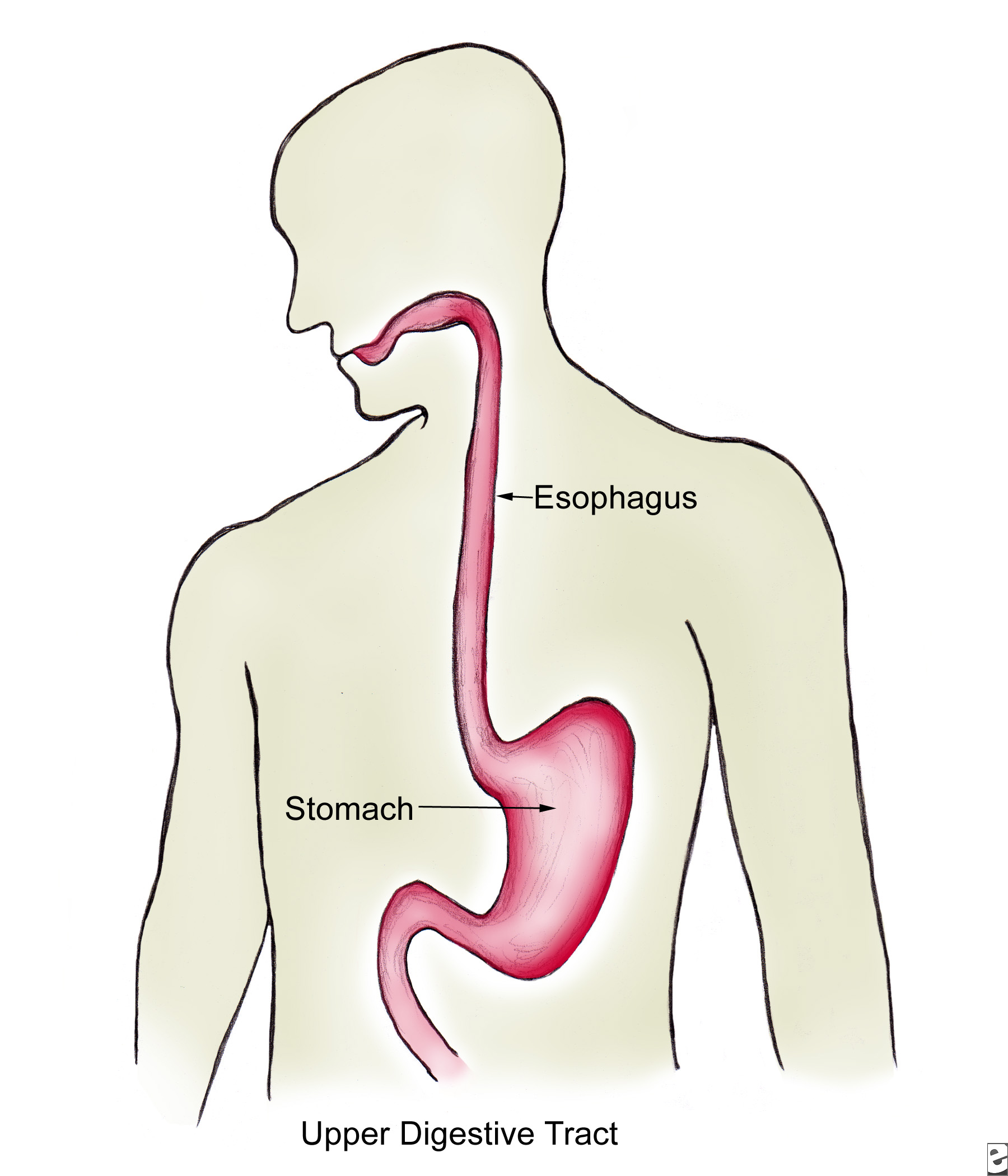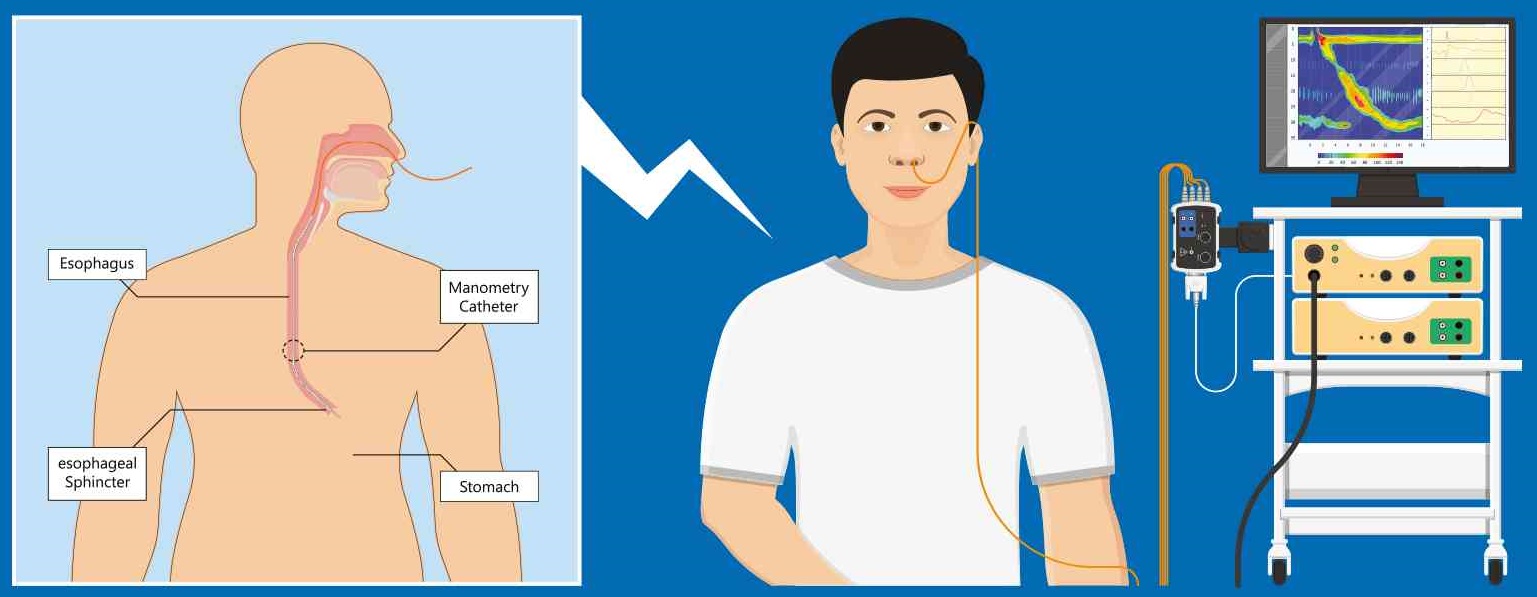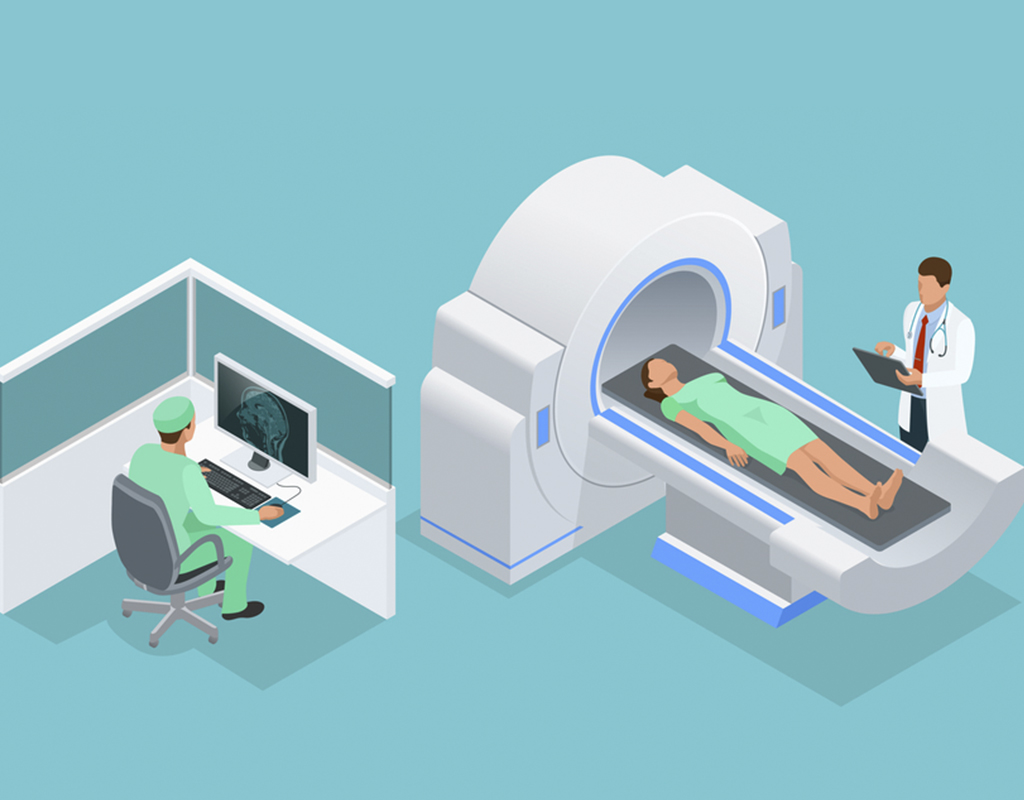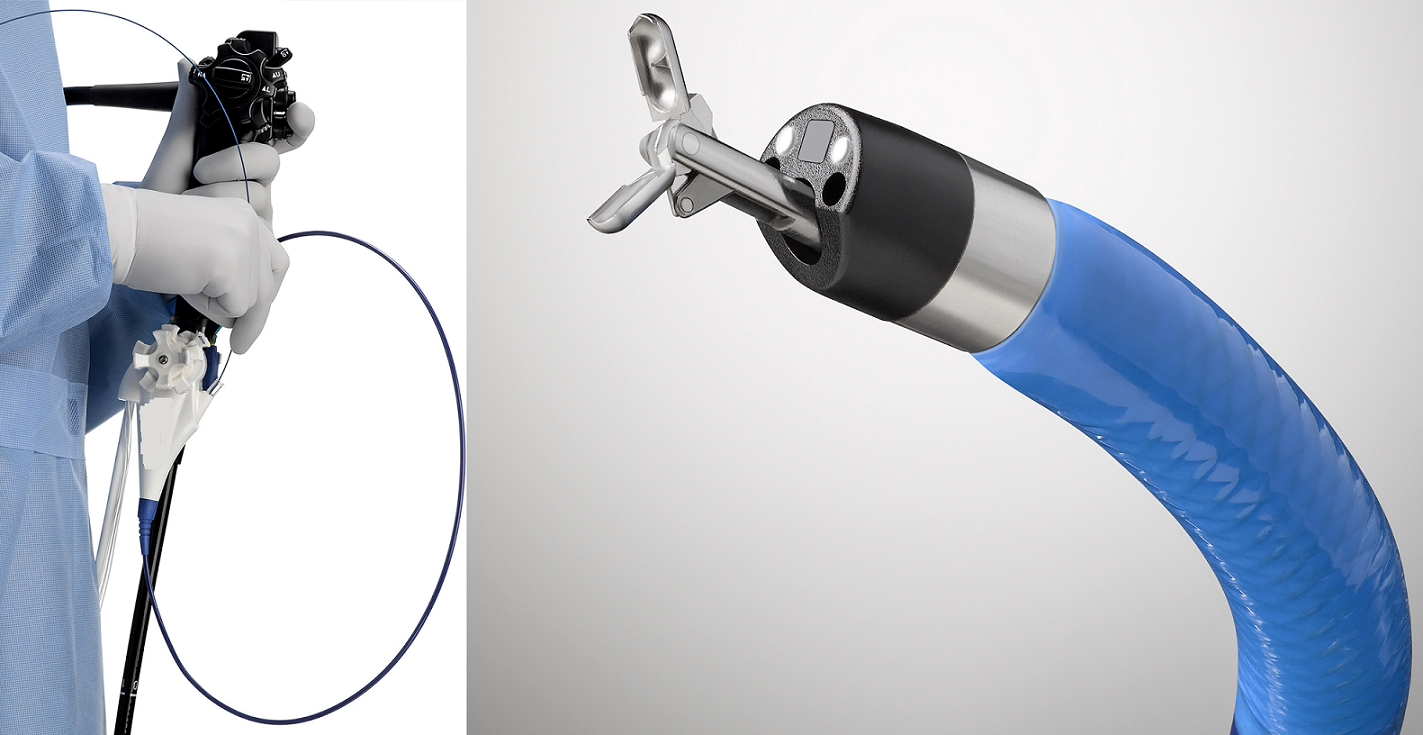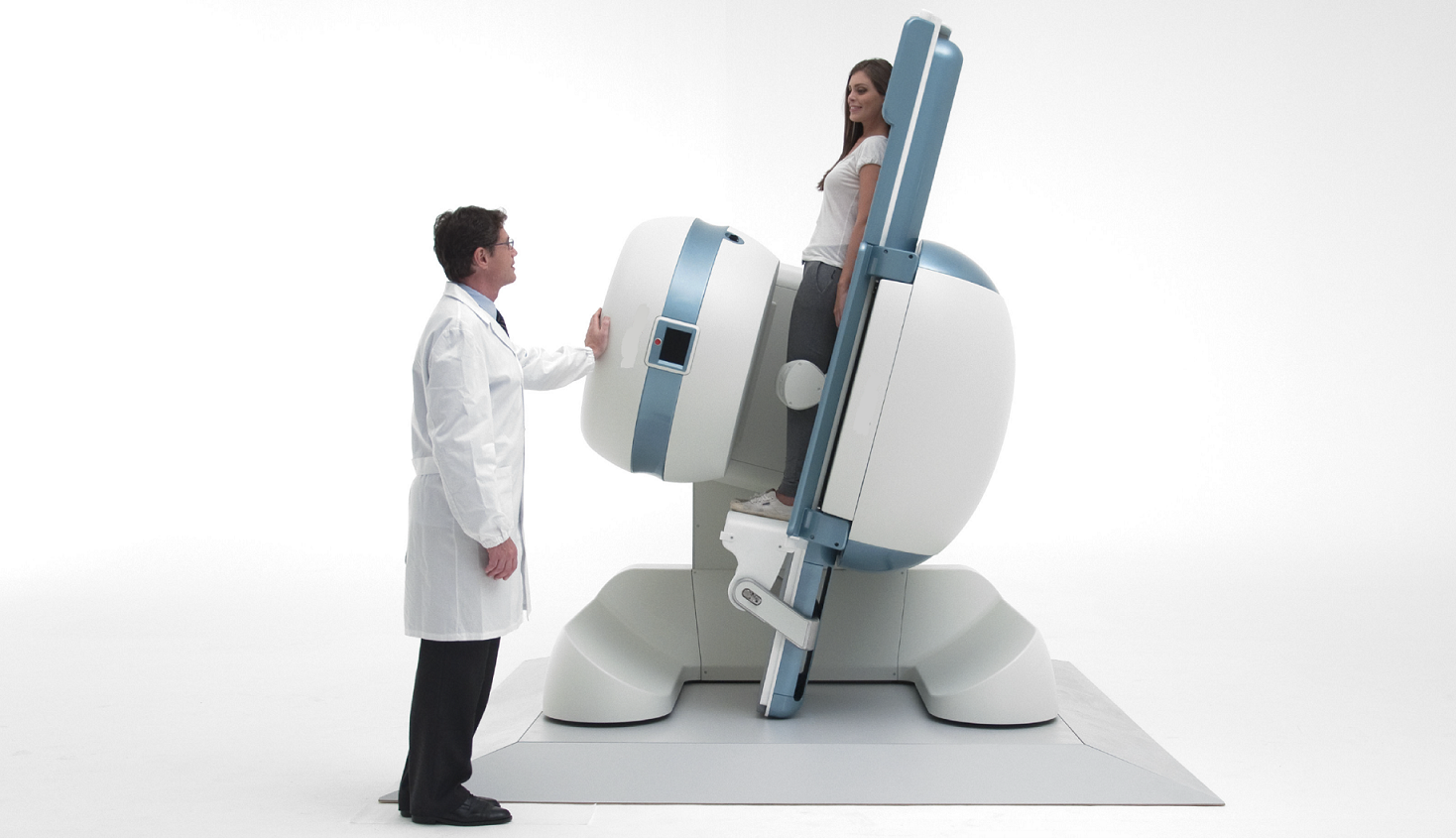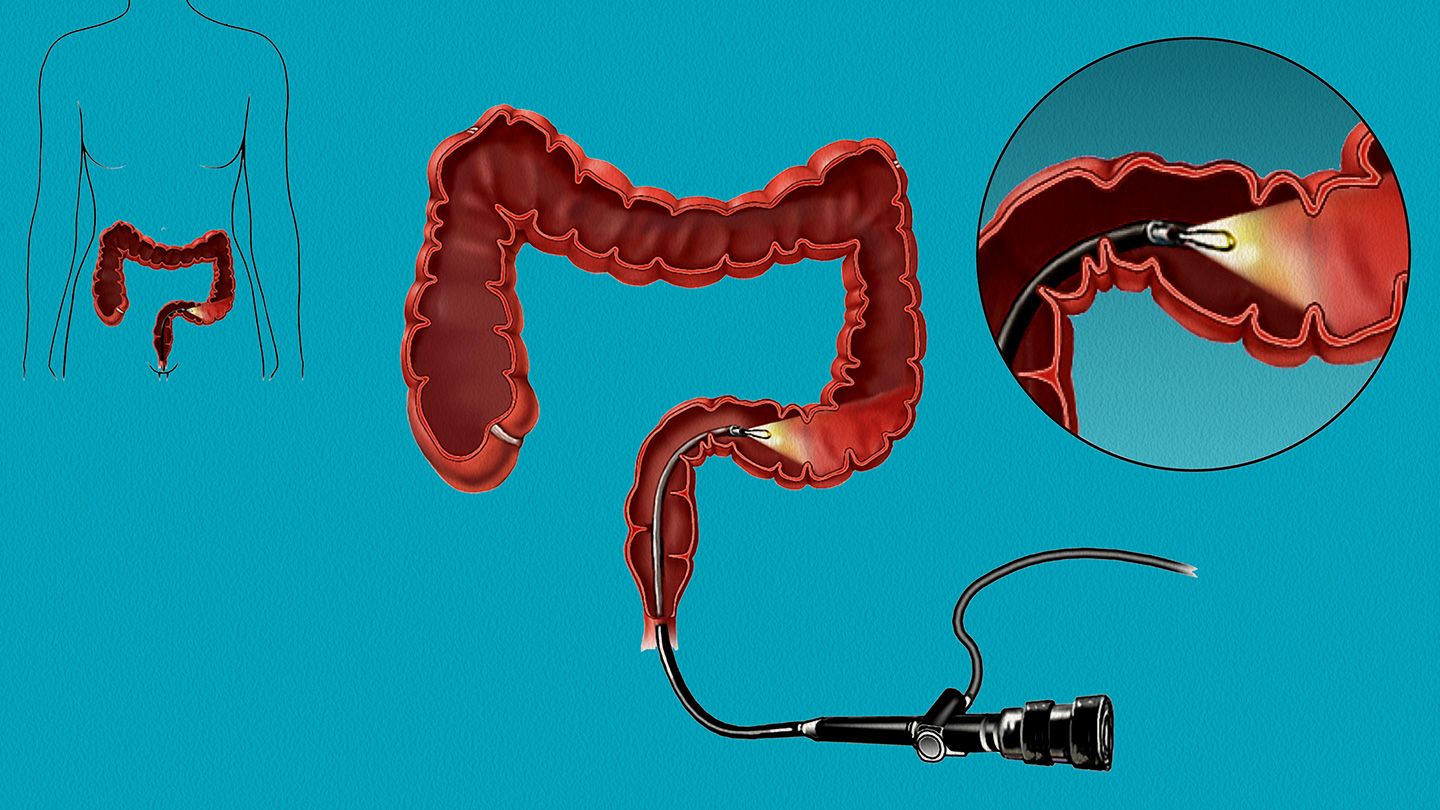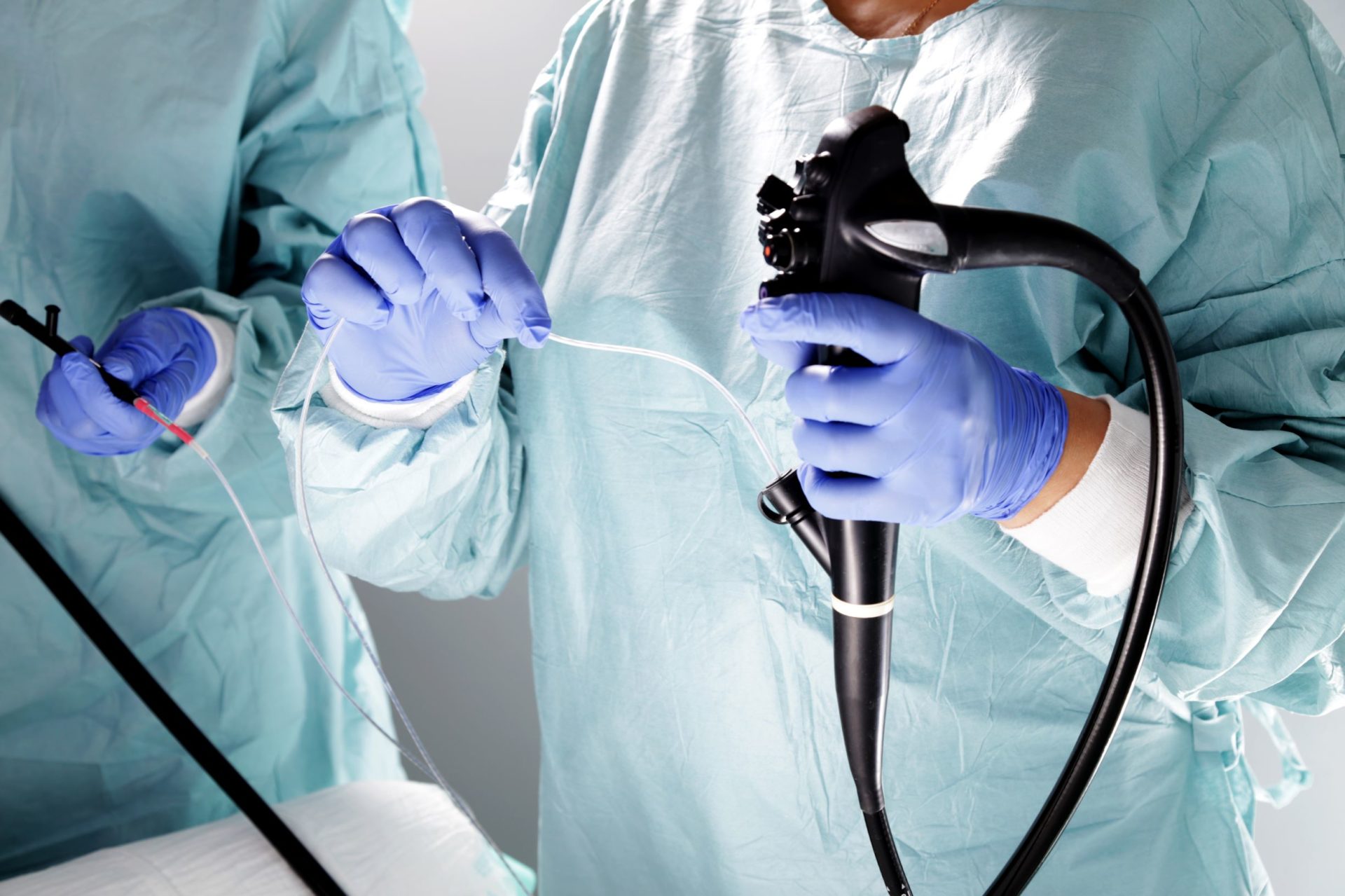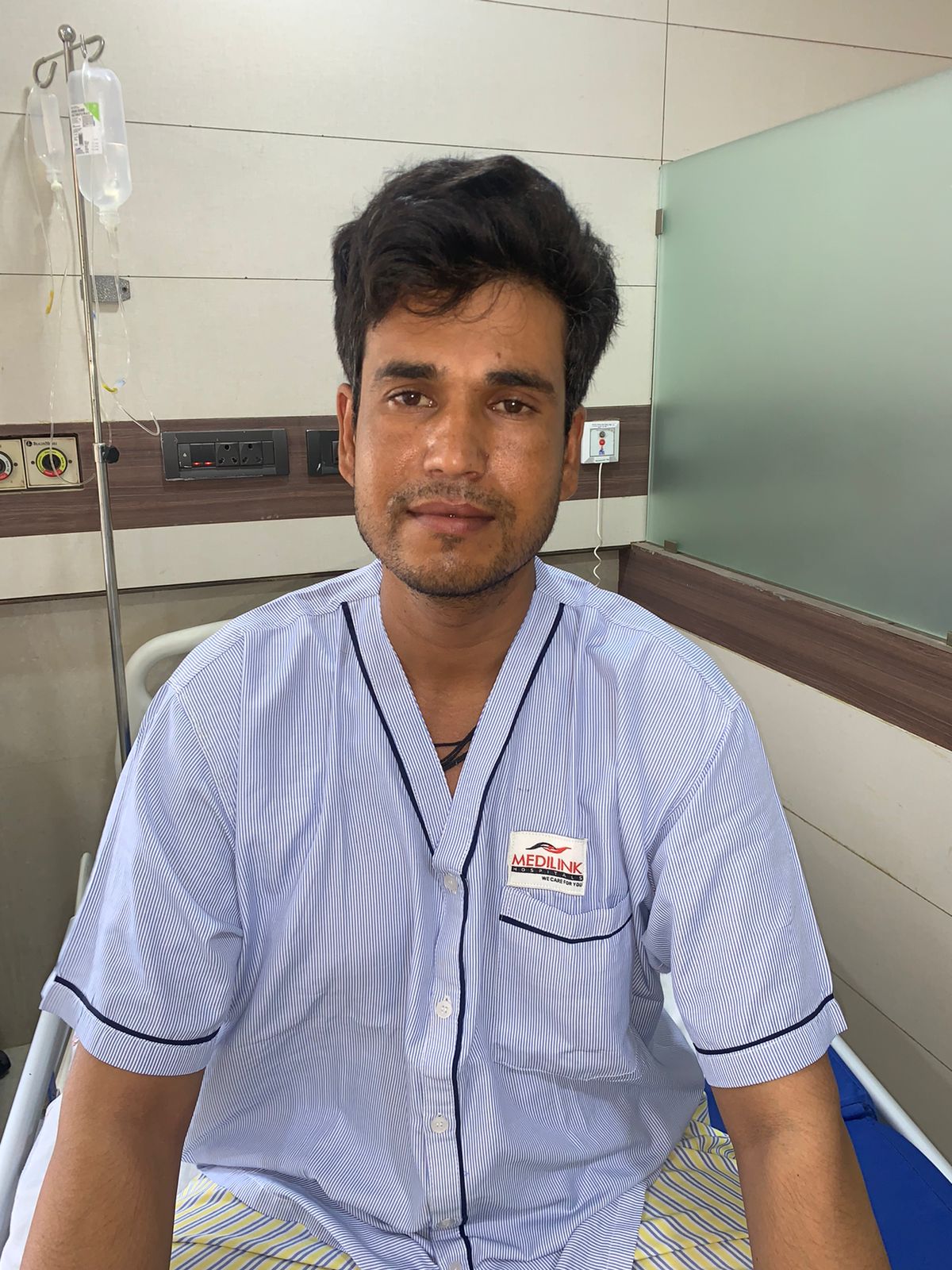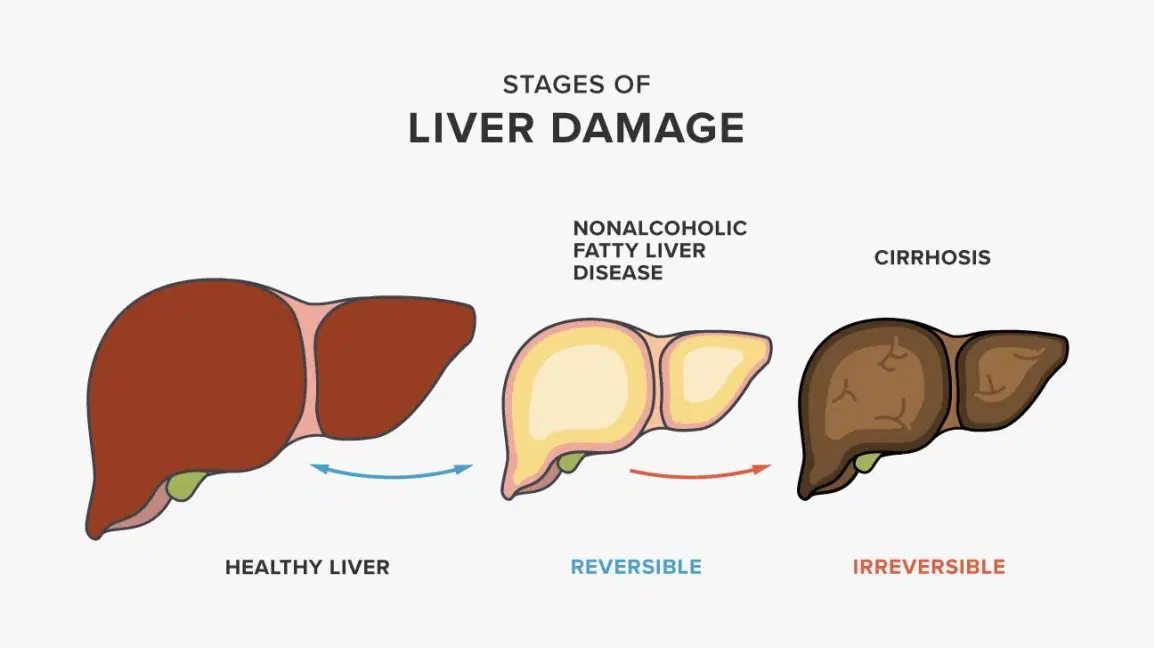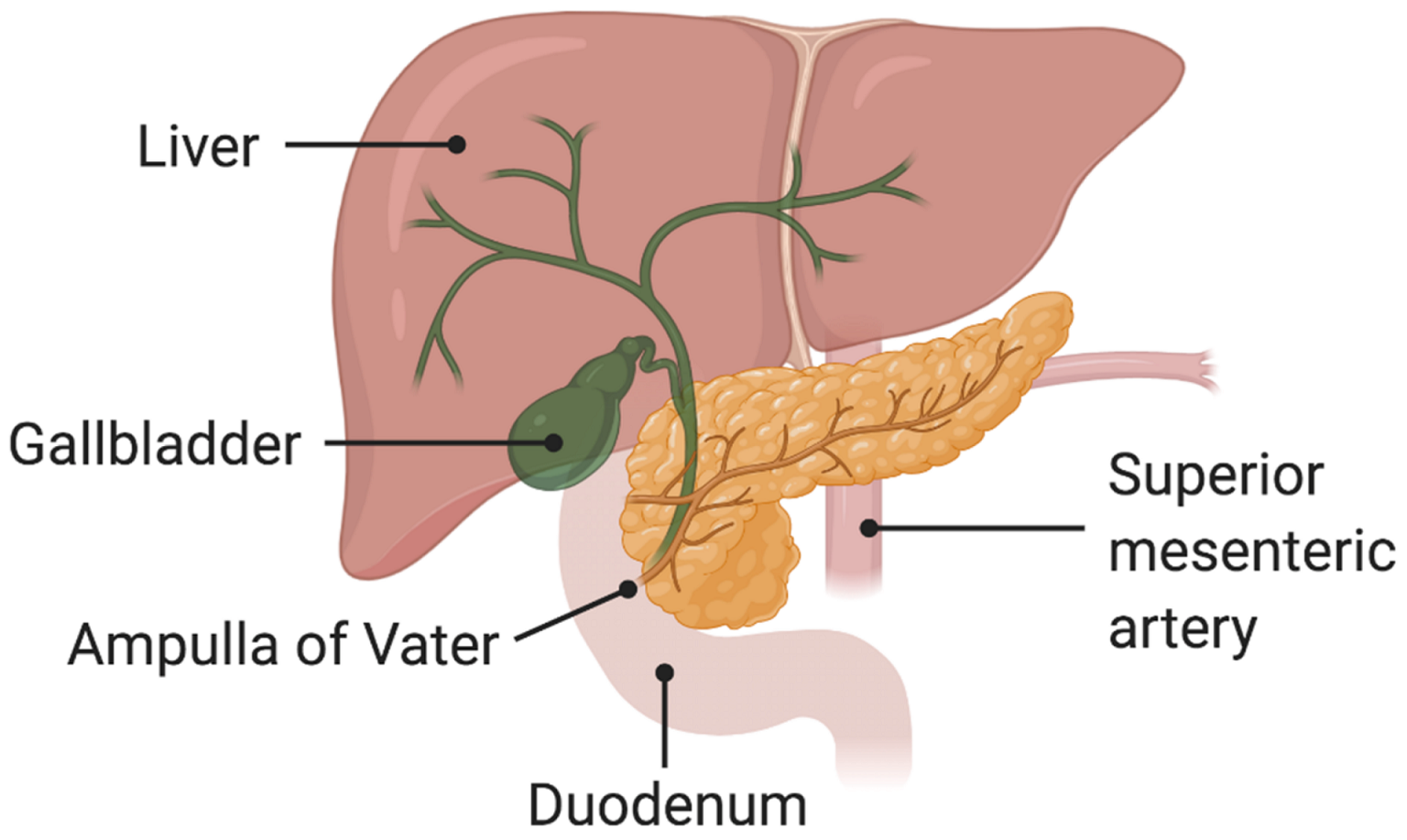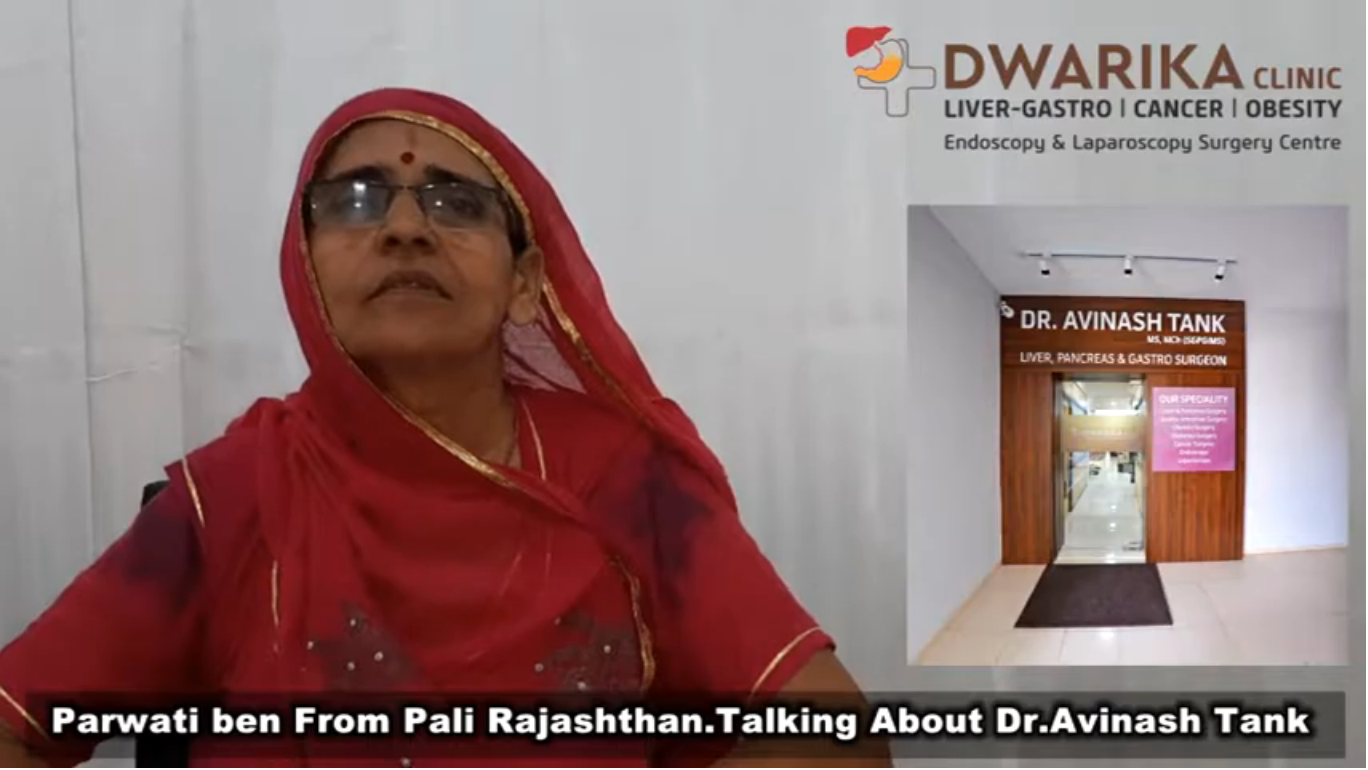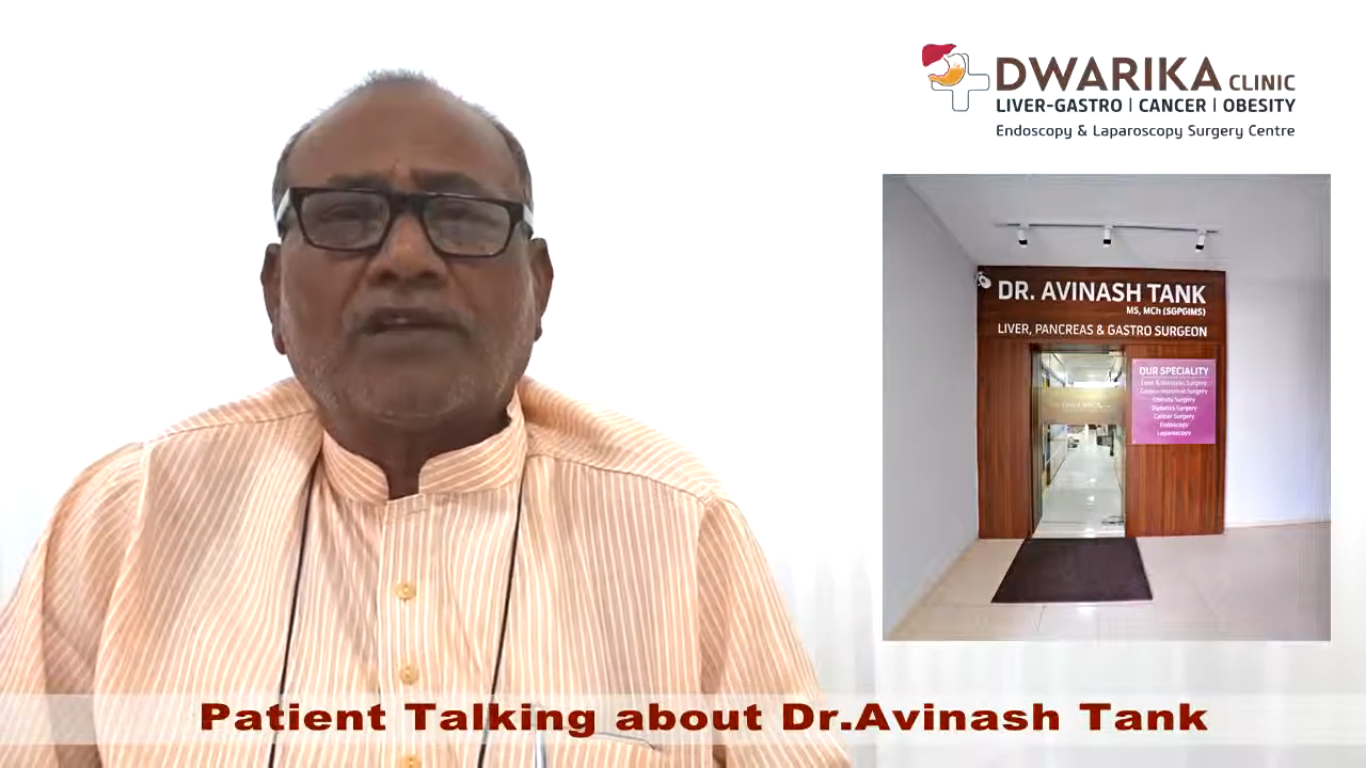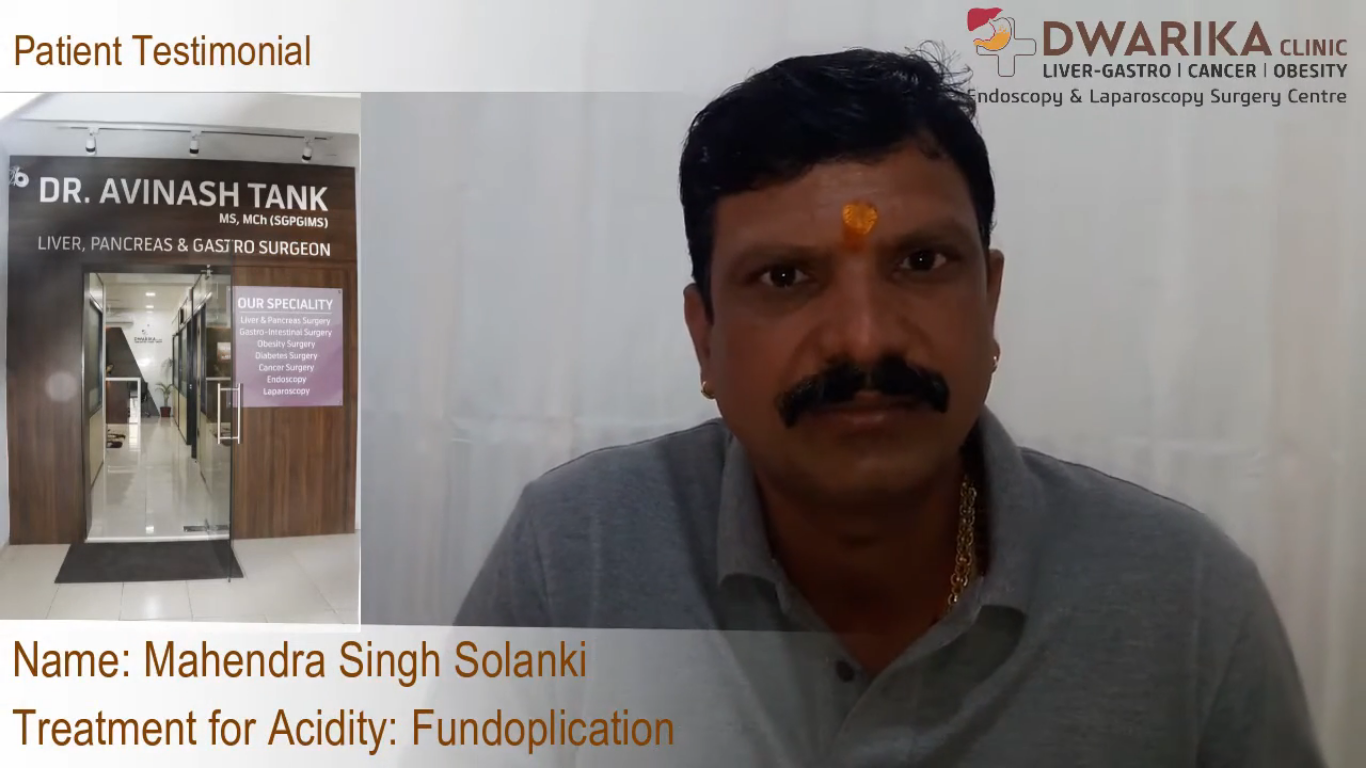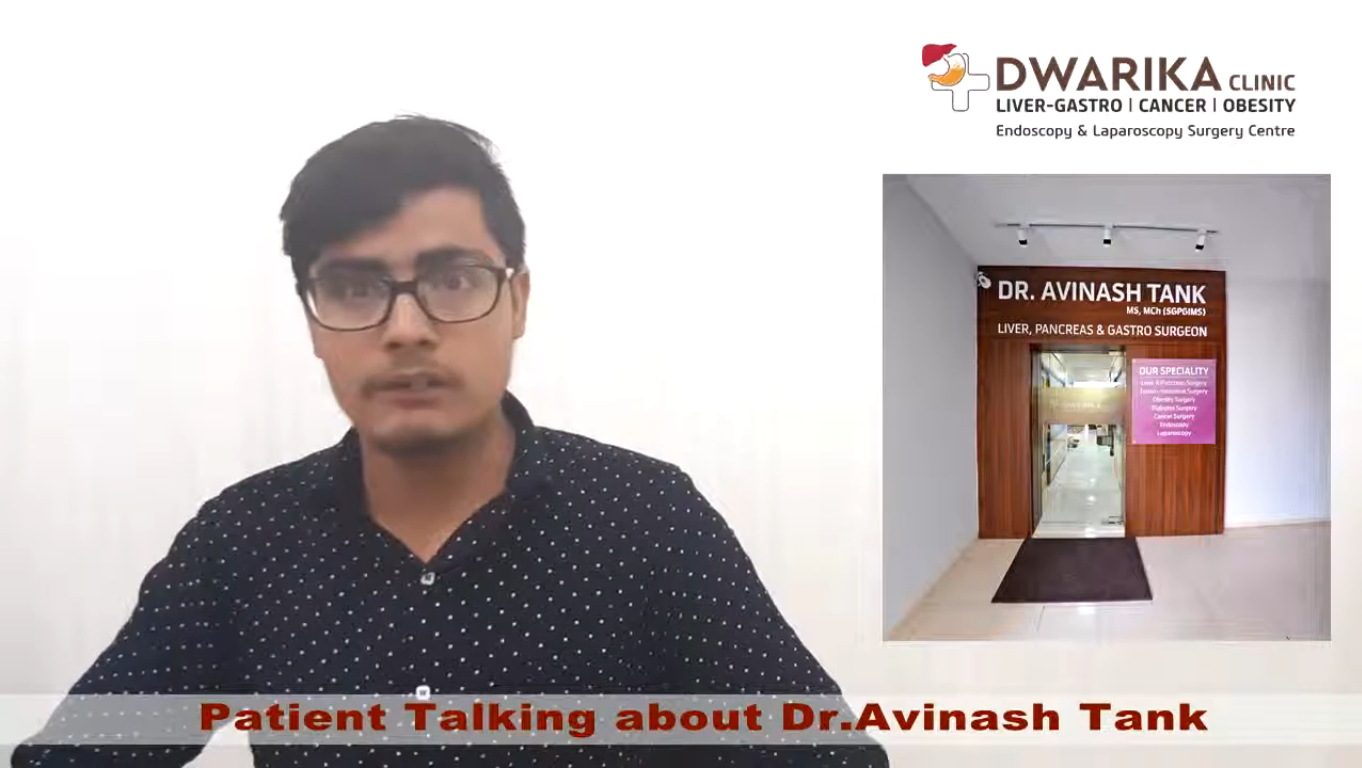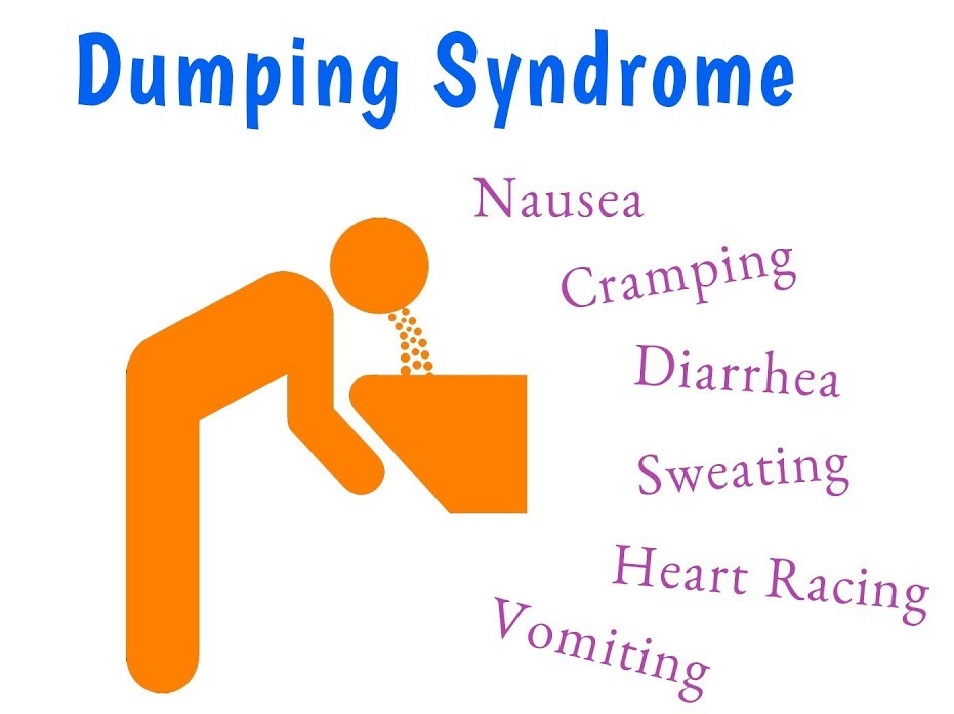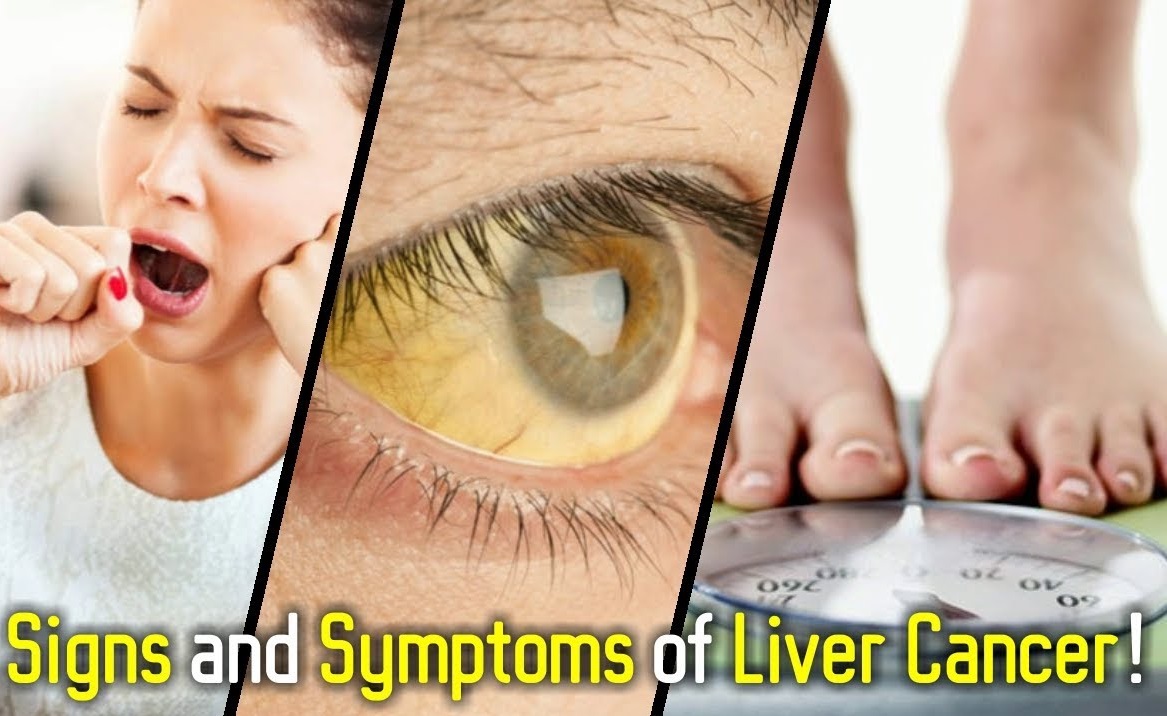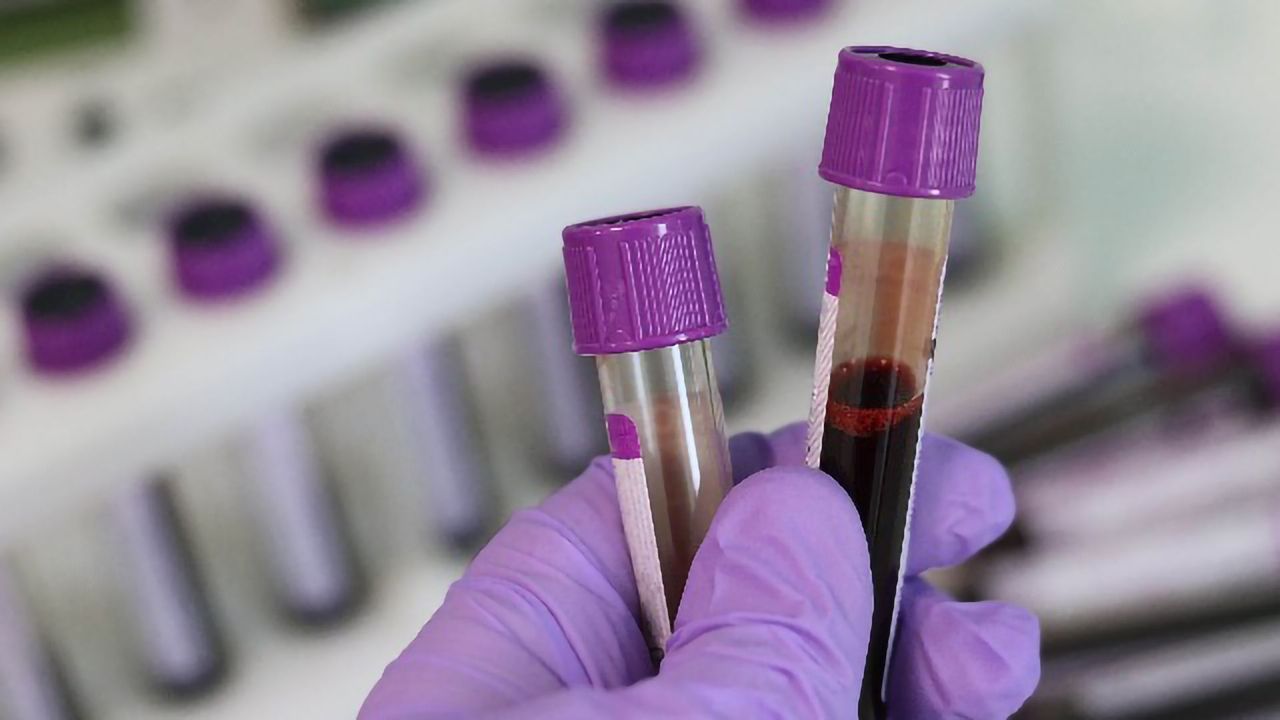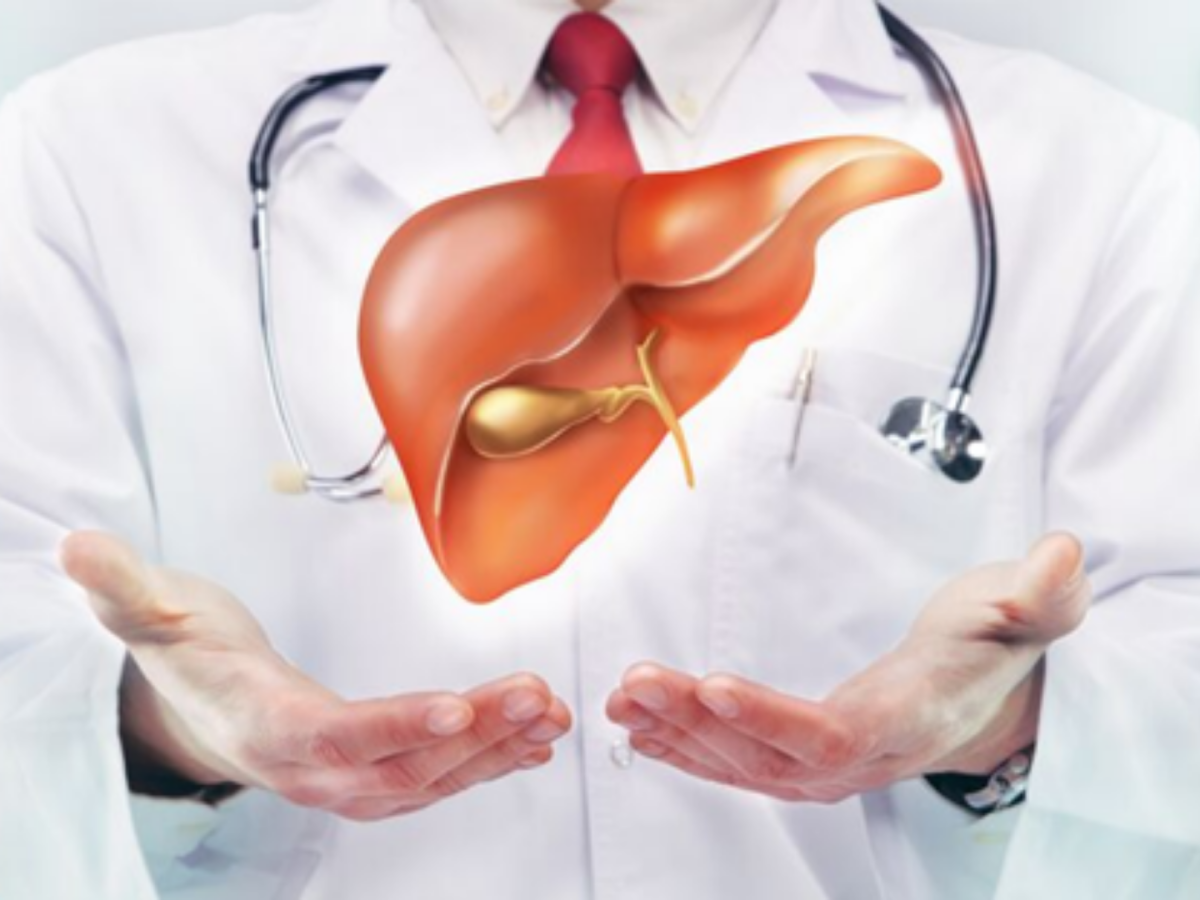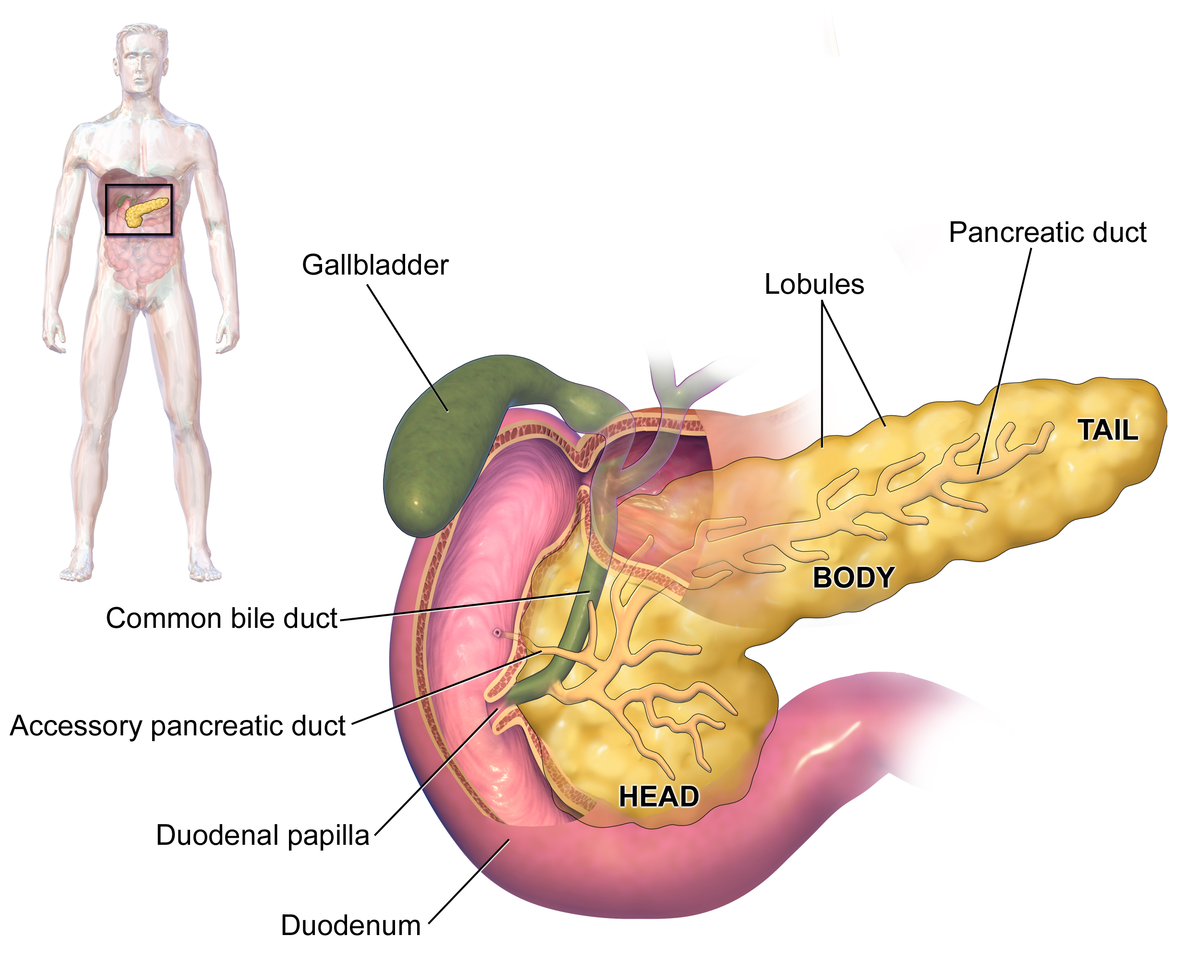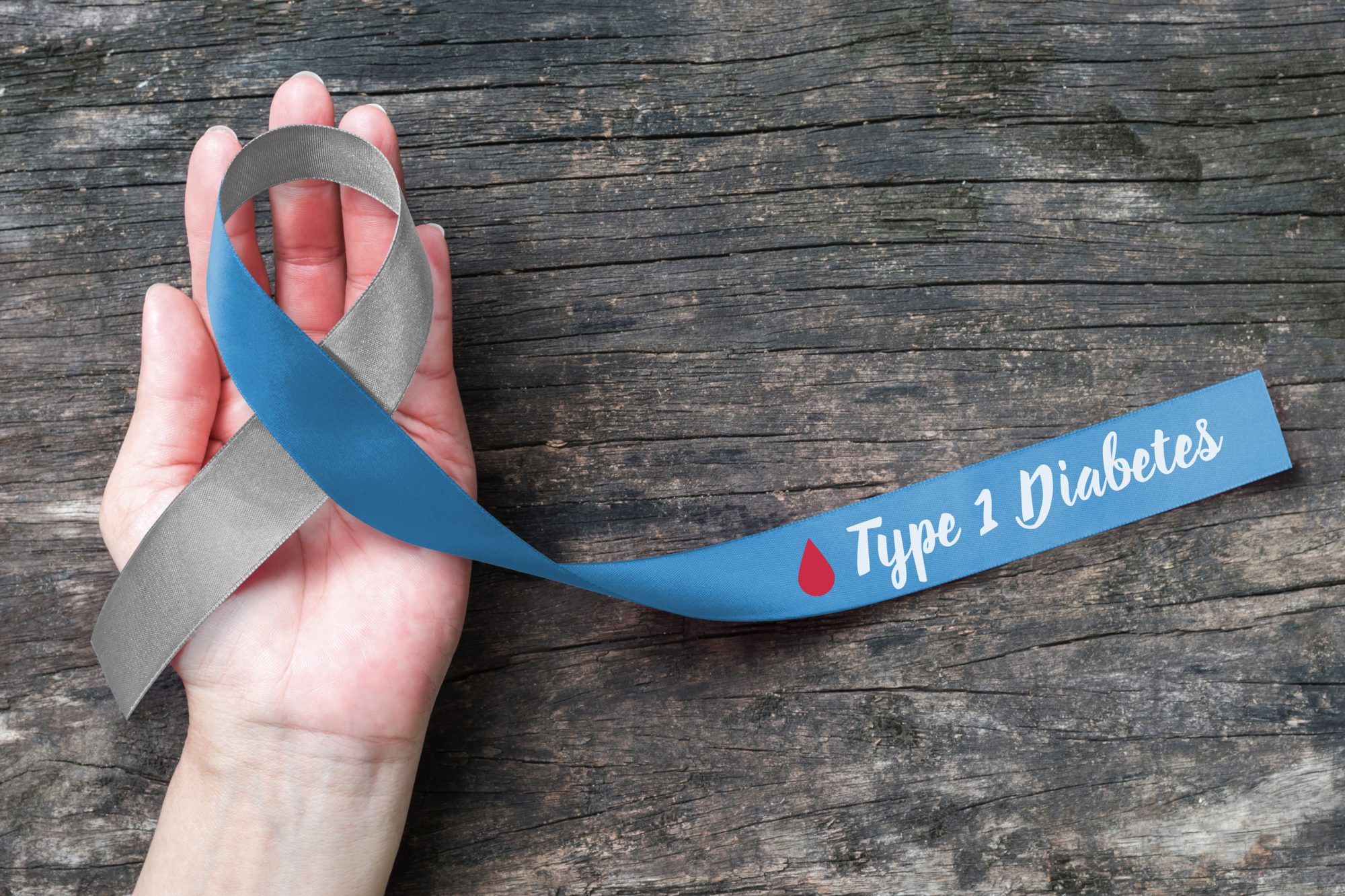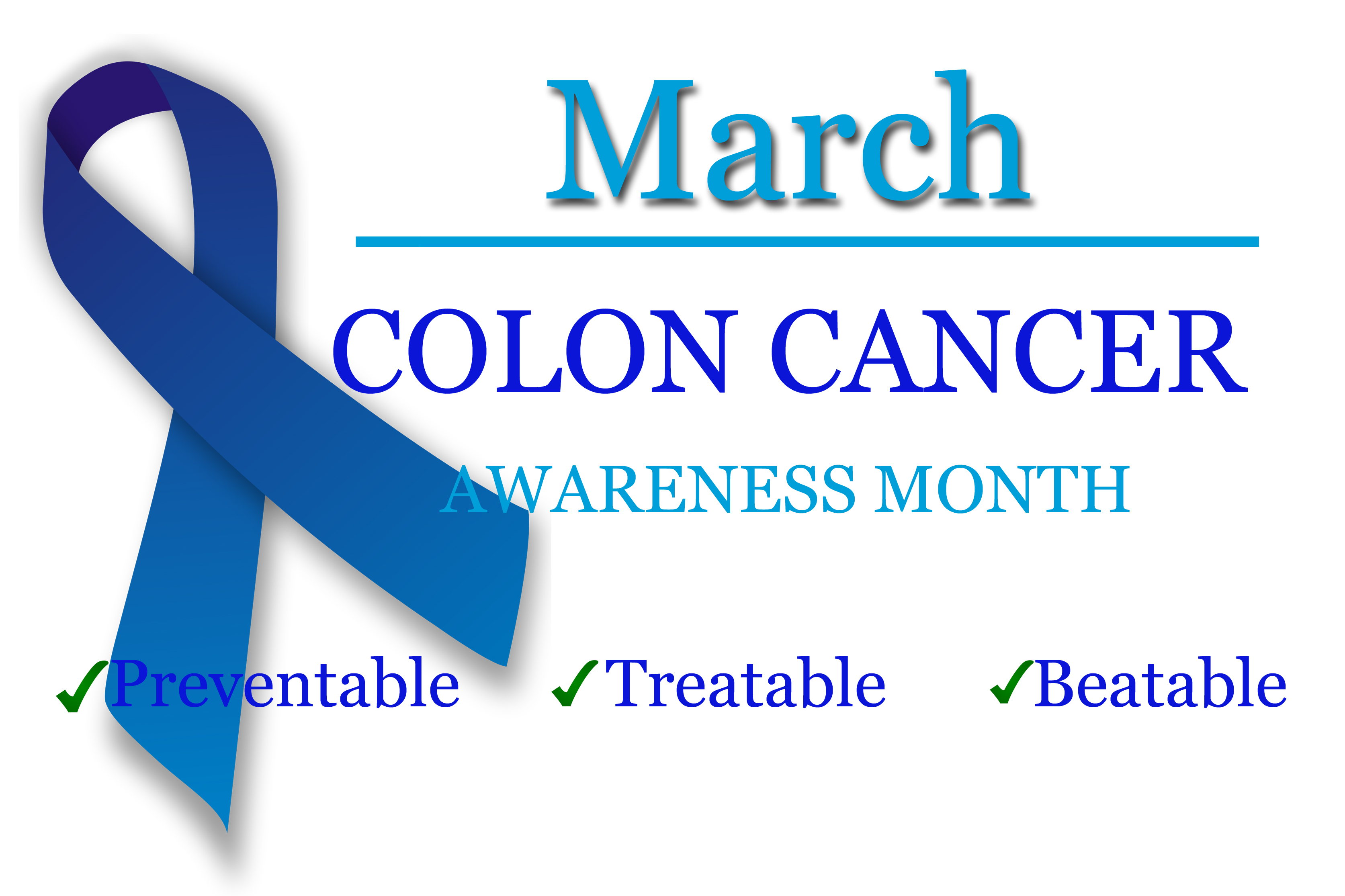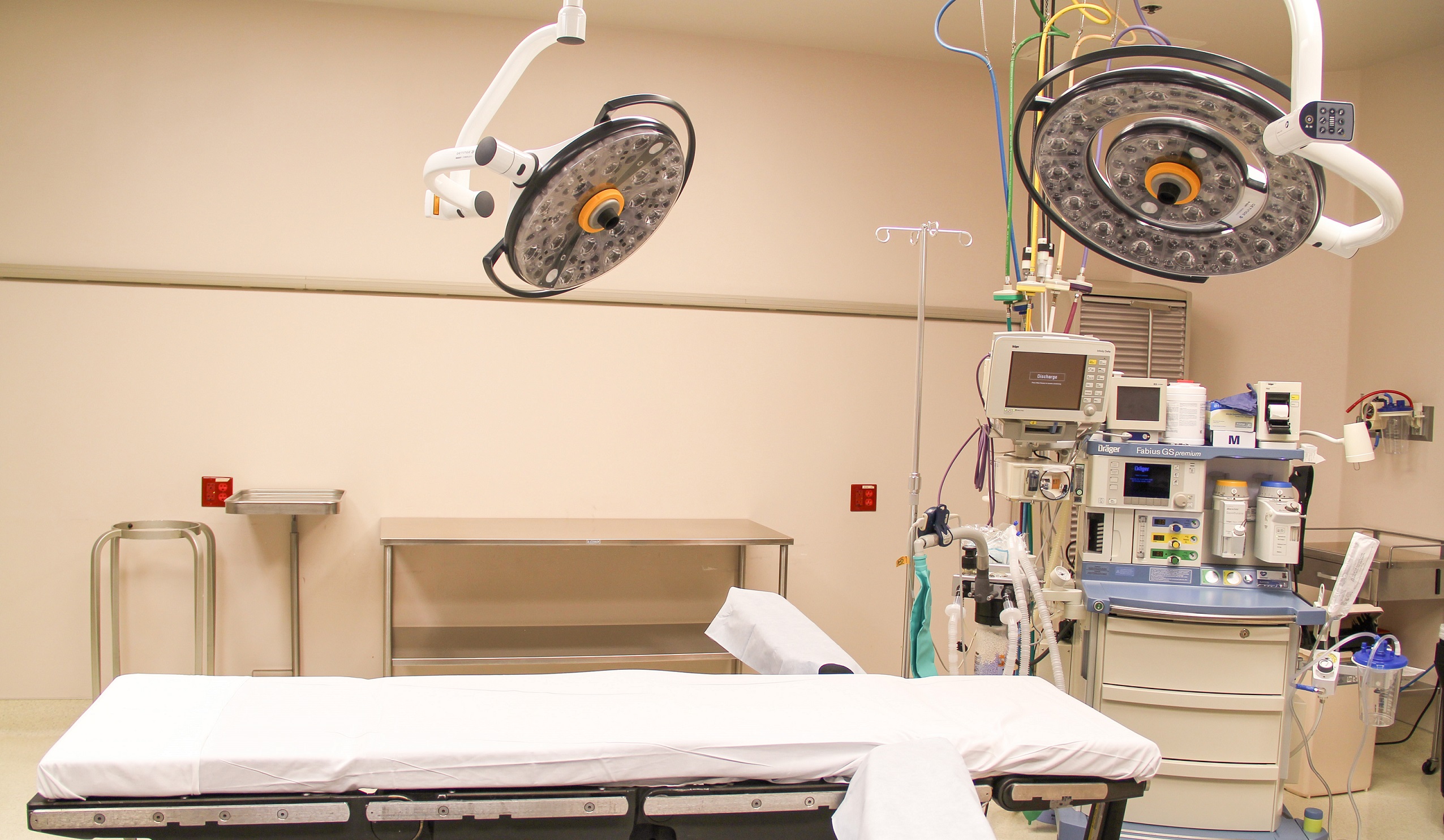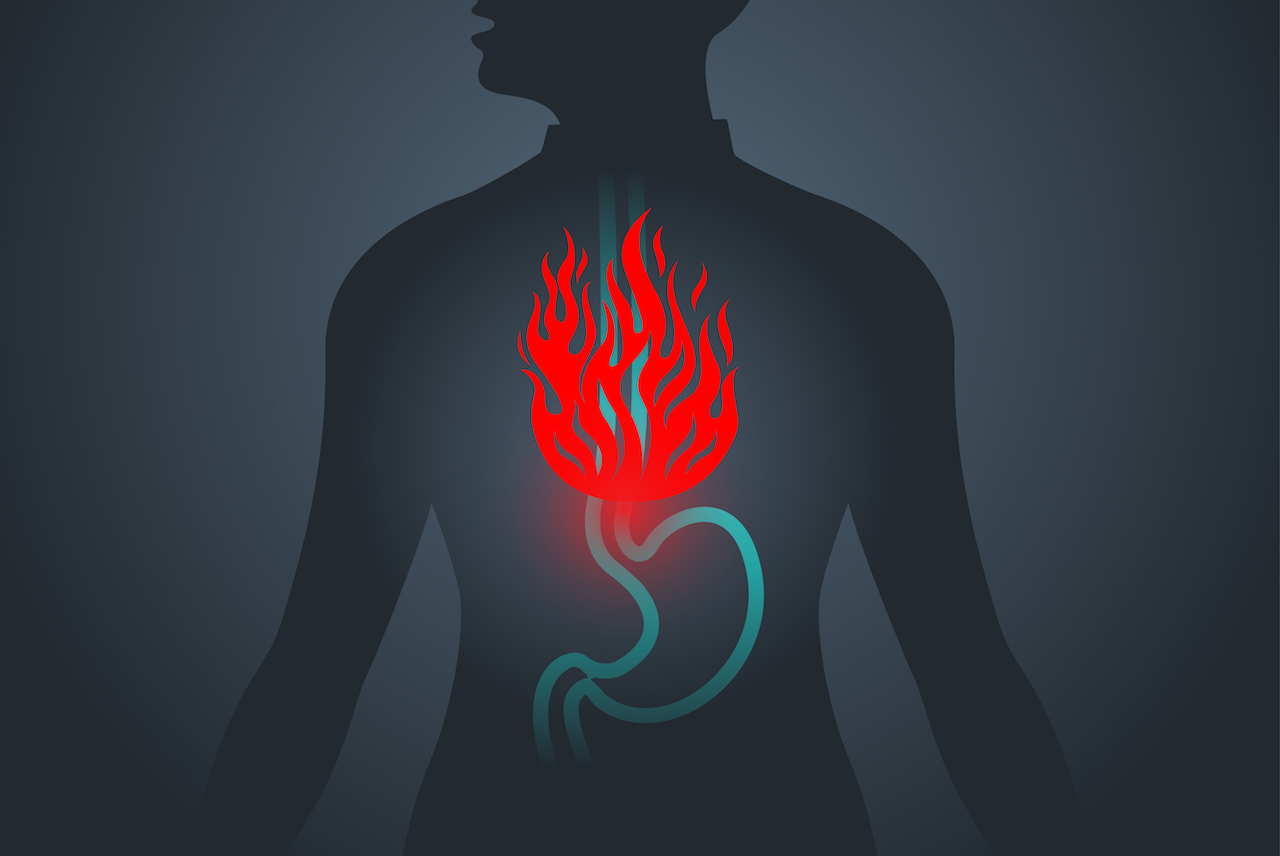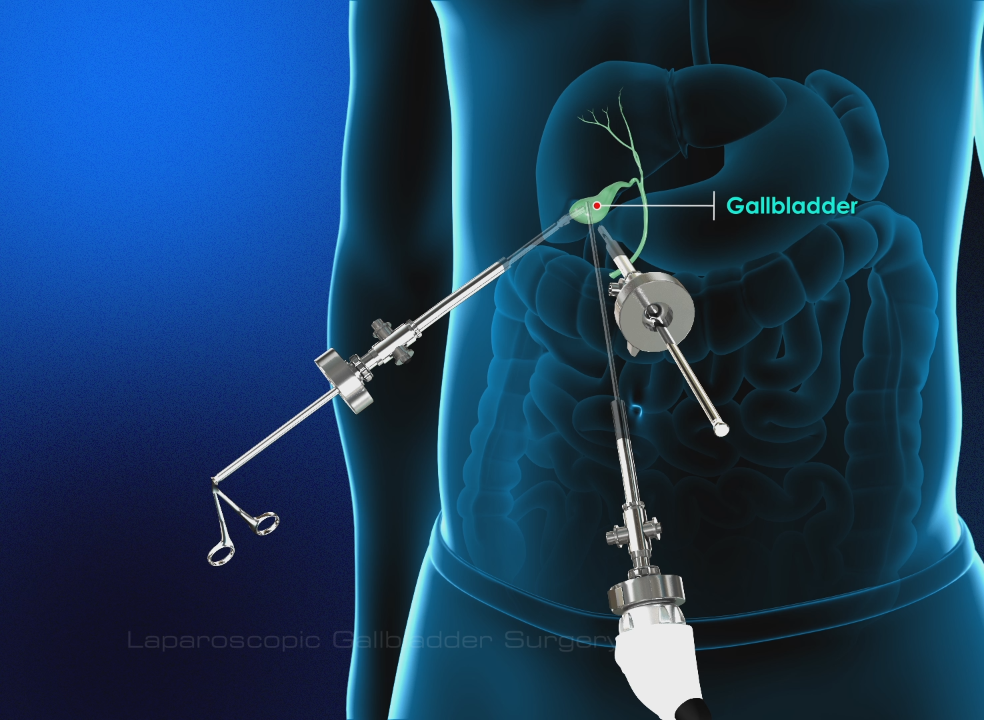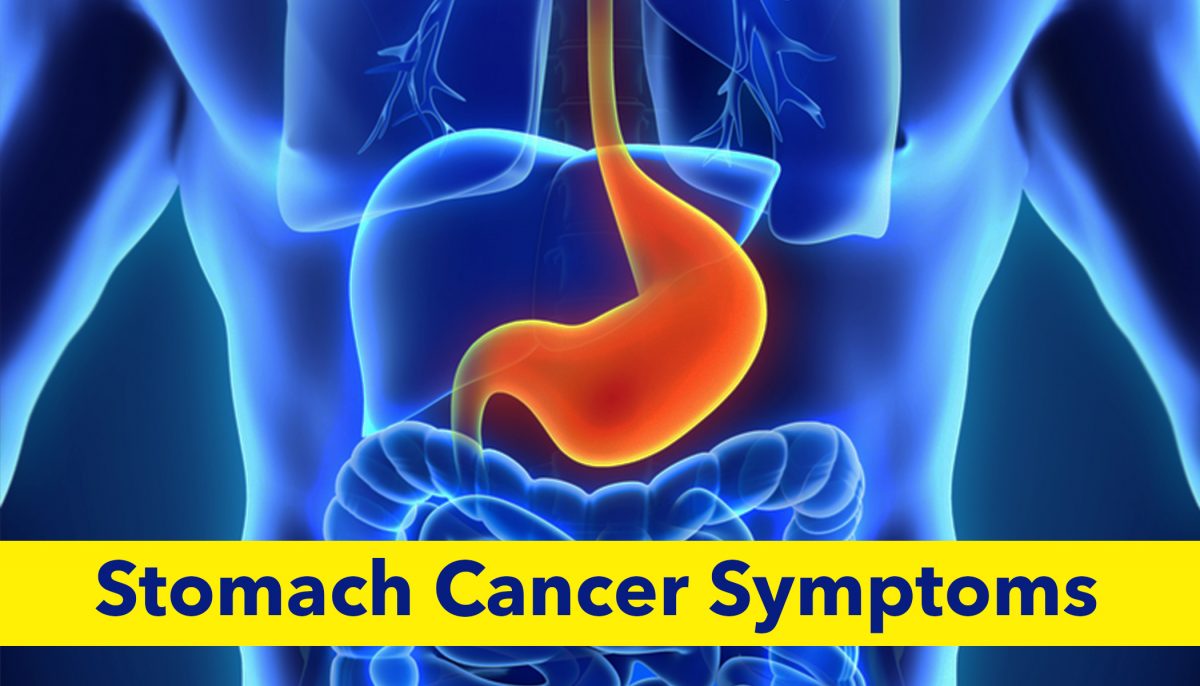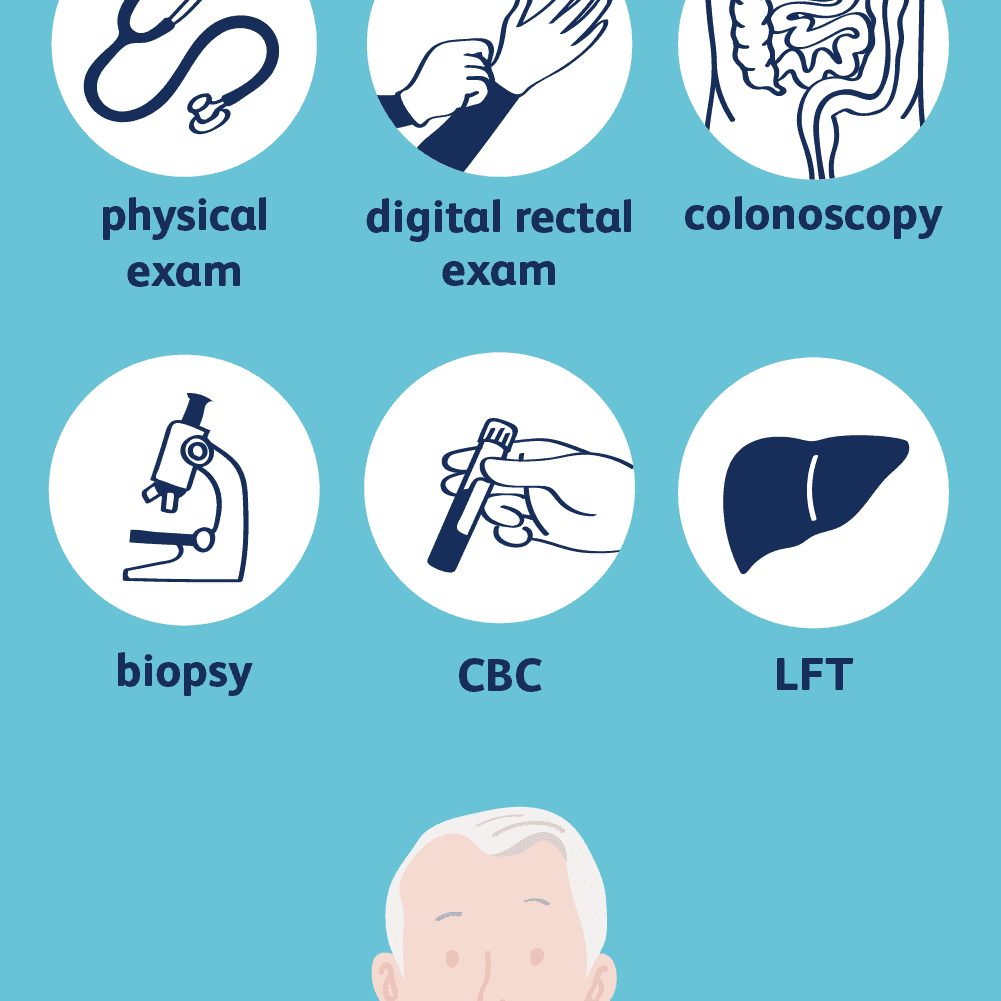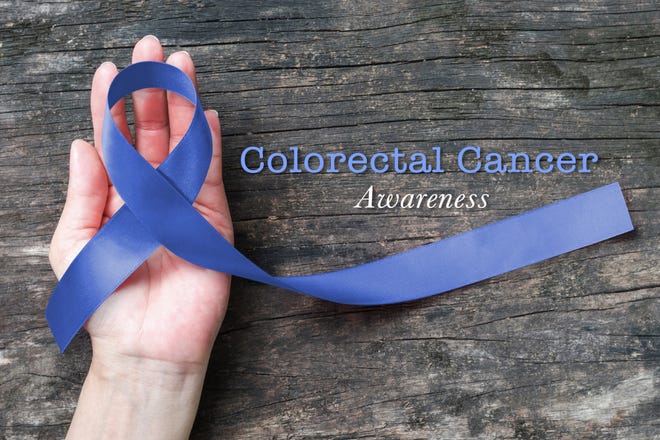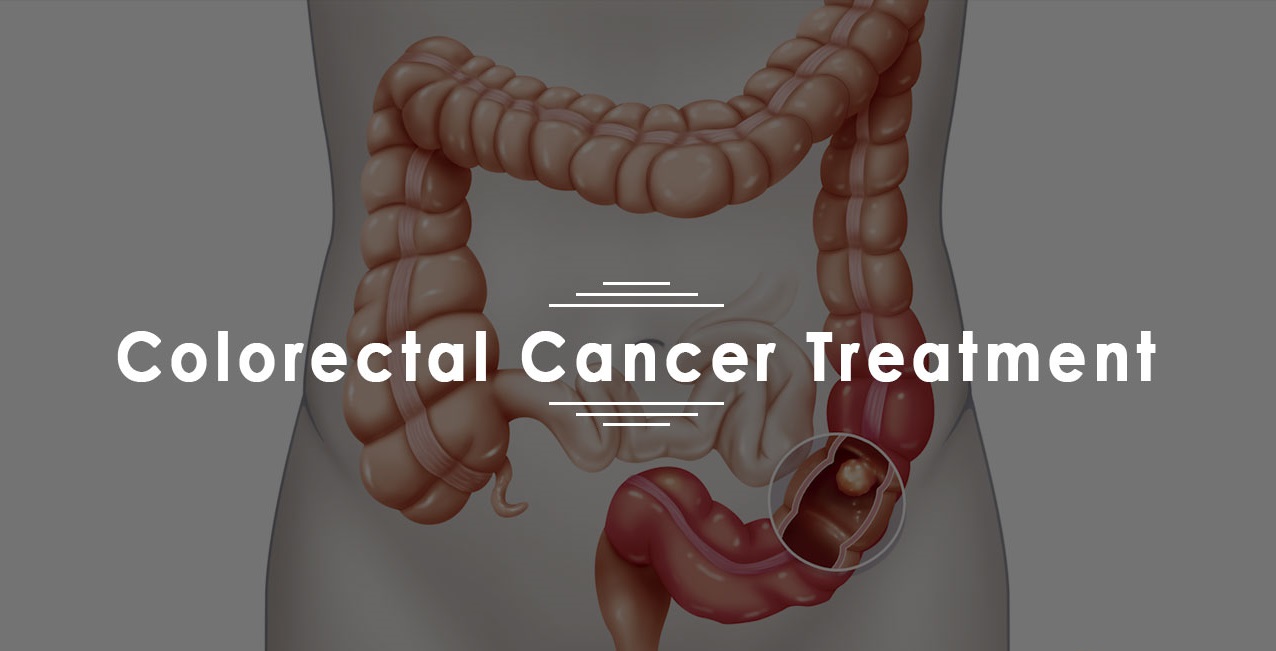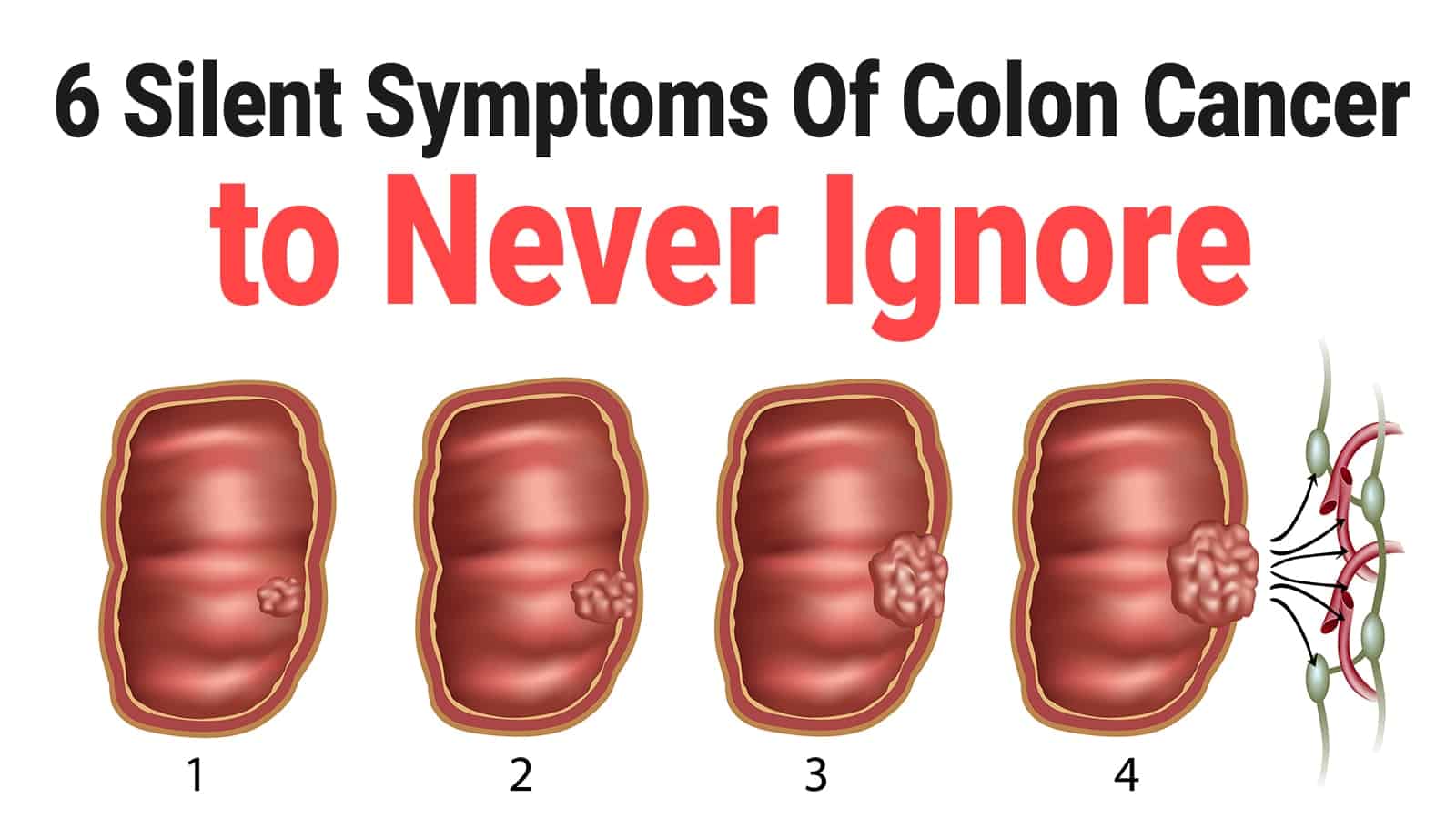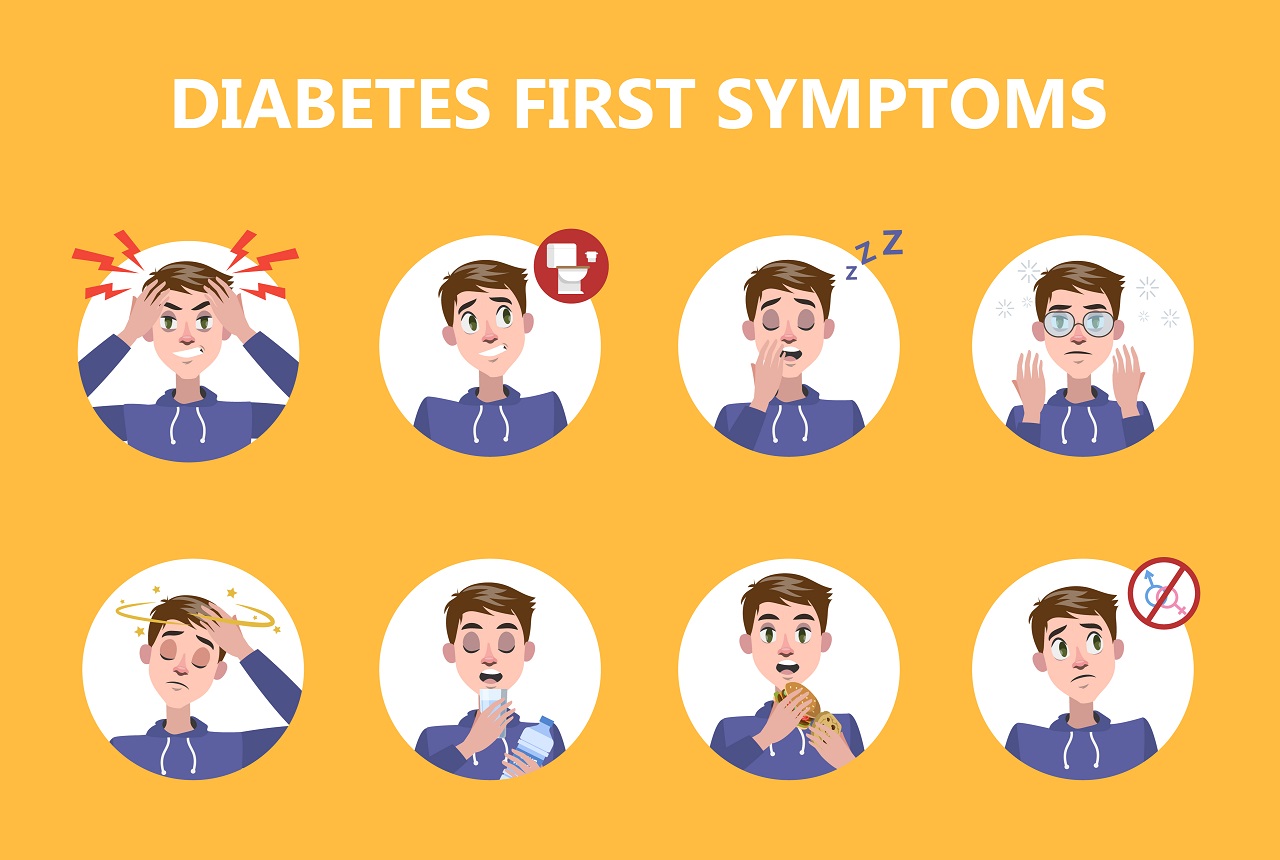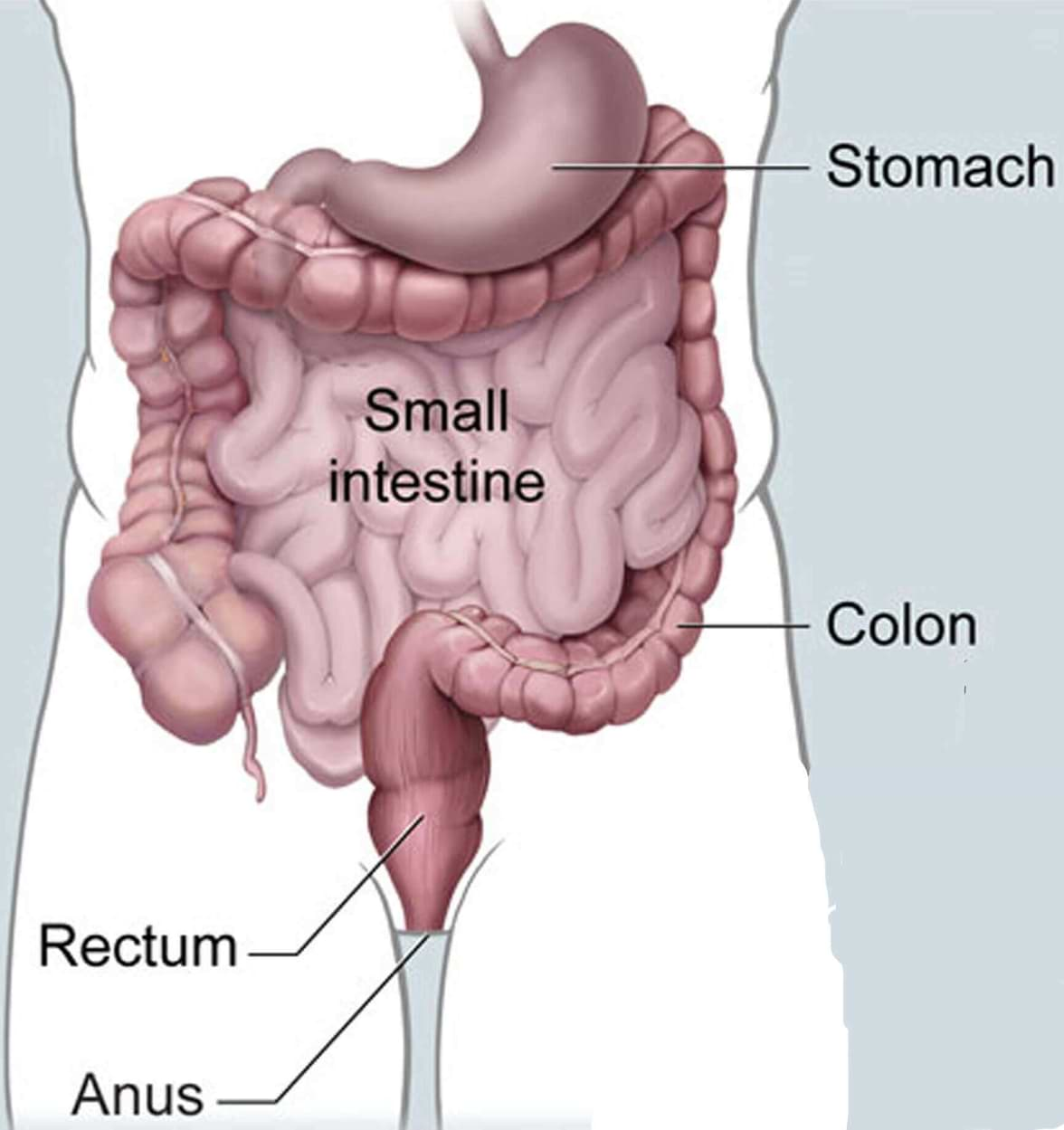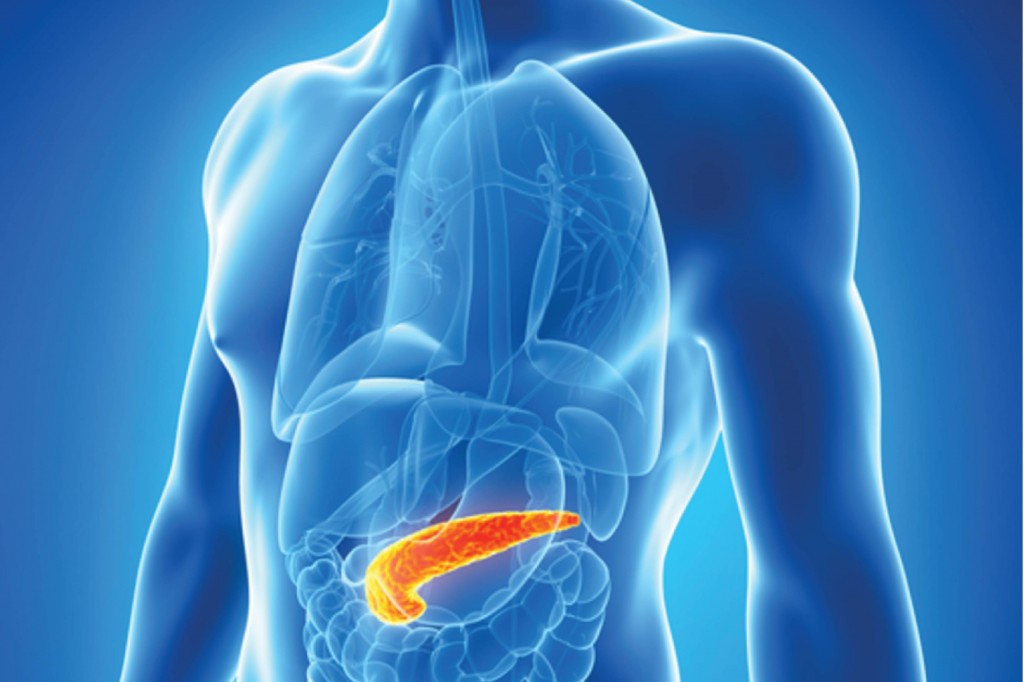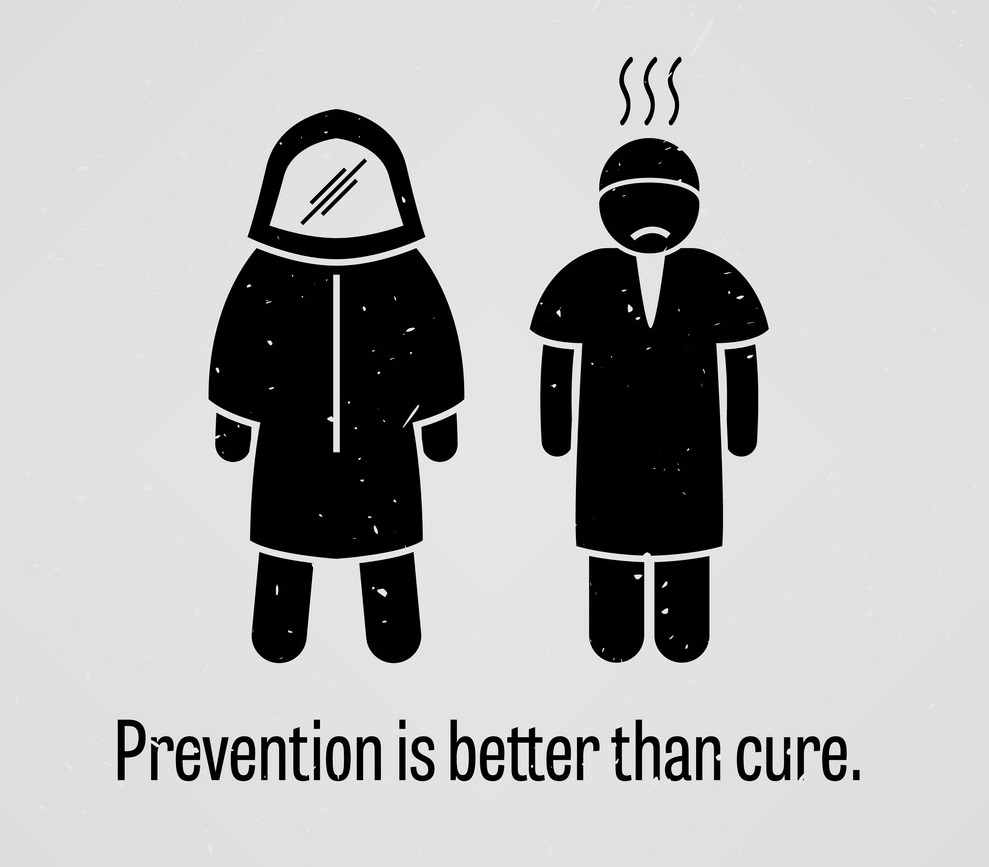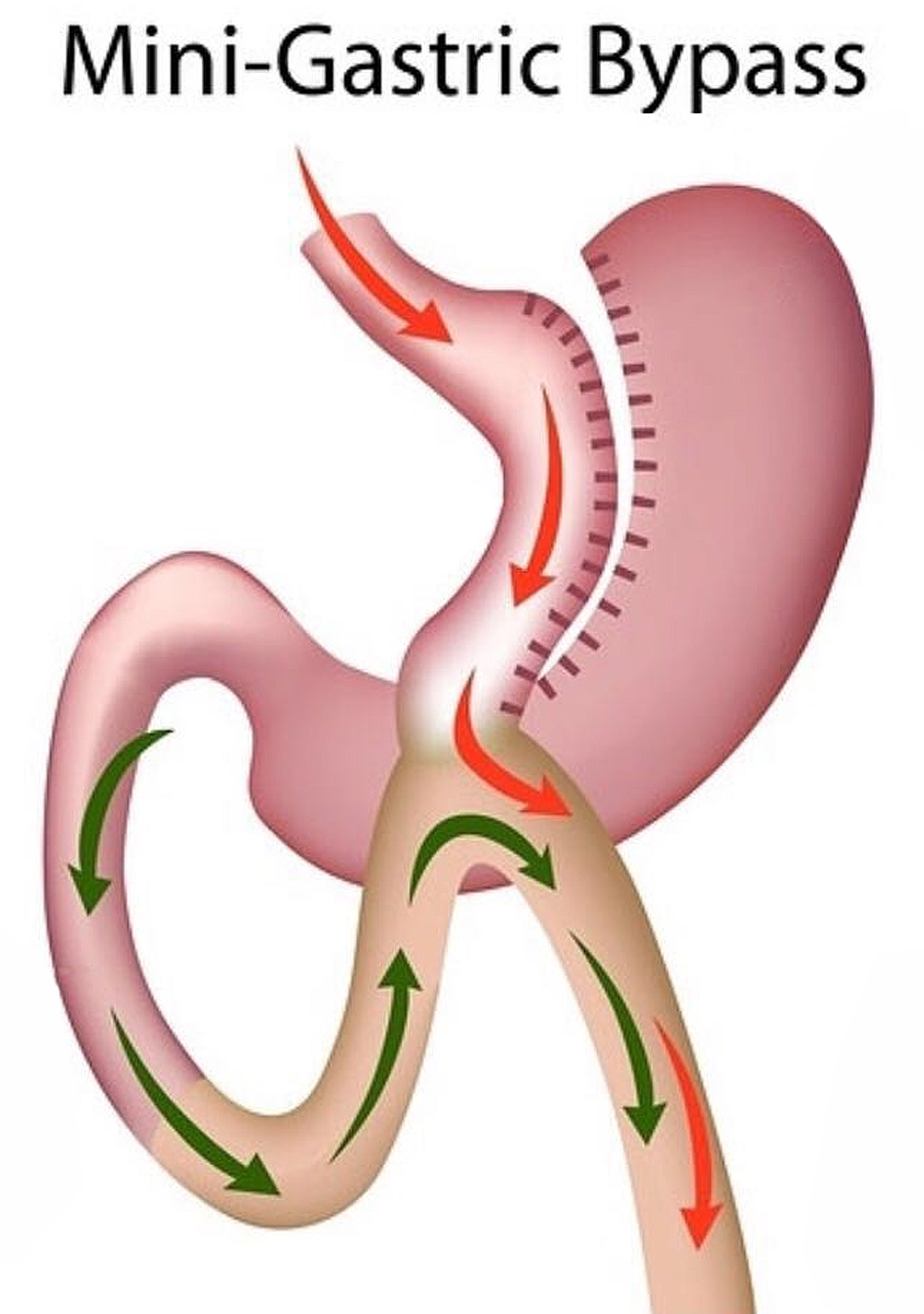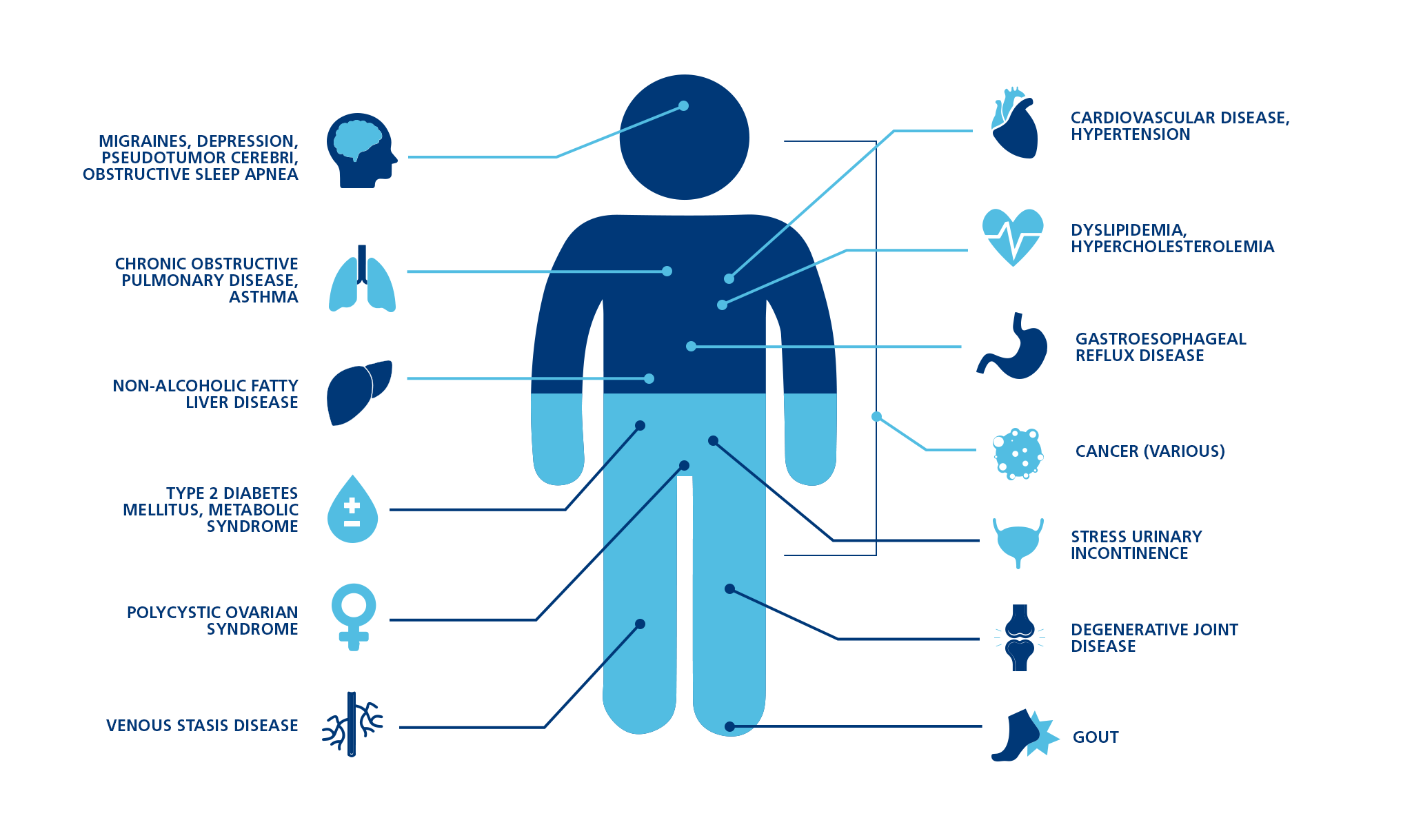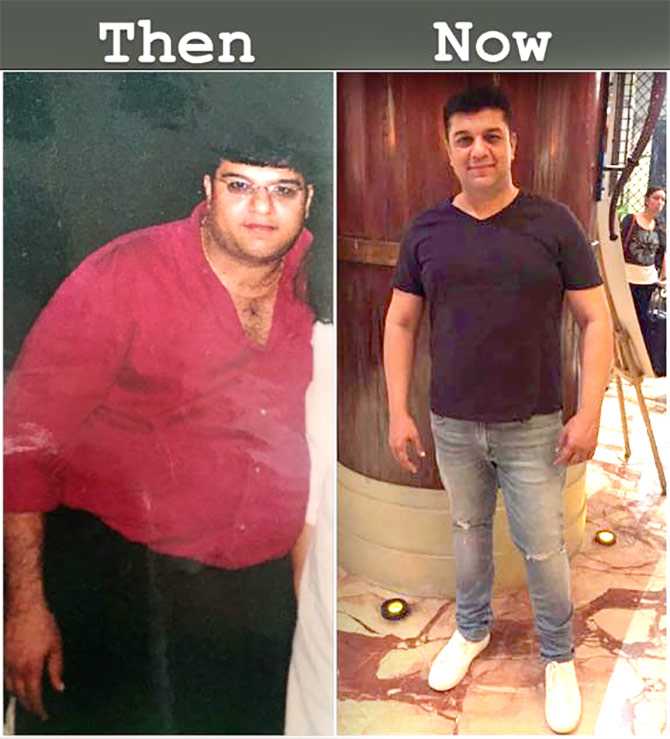Colorectal Cancer, Colon- Rectum Cancer
Myths vs. Facts: Colorectal Cancer
There are many myths surrounding colon-rectum cancer. With the help of the following article, we would like to clarify certain points.

If you are concerned about colon-rectum cancer, or if you have a strong family history of colorectal cancer, you should ask your doctor if you need to see a colorectal surgeon.
Myth: There is nothing one can do about getting colorectal cancer.
Reality:
You may decrease your risk of getting colon cancer by modifying your lifestyle. Following a low-fat diet that is high in vegetables and fruits, and exercise may reduce your risk of developing colon cancer. Since most colorectal cancer develops from pre-cancerous polyps – which are growths on the lining of the colon and rectum - screening methods can detect and remove polyps BEFORE they turn into cancer. These include colonoscopy, sigmoidoscopy, stool testing kits, and virtual colonoscopy.
Myth: Colorectal cancer is fatal.
Reality:
Colorectal cancer may be curable when detected early. Over 90% of patients with localized colorectal cancer (confined to the colon or rectum) are alive five years after diagnosis. Unfortunately, only around a third of all colorectal cancers are diagnosed at this early stage. The majority of people come to the doctor when the disease has spread beyond the wall of the colon or rectum or to distant parts of the body, which decreasing the chance of being successfully cured of colon cancer.
Myth: Screening is only necessary for individuals who have symptoms.
Reality:
Since early colorectal cancer usually has no symptoms, it is important to obtain recommended screenings to detect these cancers. Screening is checking for cancer in a person with no symptoms. All men and women who are 45 or older should undergo routine screening for colorectal cancer. People with a personal or family history of colorectal cancer or polyps, or a personal history of inflammatory bowel disease, and people with concerning symptoms such as rectal bleeding are considered at high risk, and may need to be screened before age 45. In addition, women who have a personal or family history of ovarian, endometrial or breast cancer may need to be screened before age 45. You should talk to your colorectal surgeon or other healthcare professional about when you should begin screening.
Myth: Only people with a family history of colon cancer get it.
Reality:
About 75 percent of all new cases of colorectal cancer occur in individuals with no known risk factors for the disease. A family history may require you to start your screening earlier or do it more frequently.
Myth: Men are more at risk than women.
Reality:
Colorectal cancer strikes both women and men. Above the age of 45, it is suggested that both men and women must get regularly screened.
Myth: Colorectal cancer screening is not covered under most health plans.
Reality:
In recent years, many healthcare plans have started covering colorectal screening.
Myth: Colonoscopy is a difficult procedure to undergo.
Reality:
The colonoscopy procedure is not painful. Sedation is usually used during the procedure to minimize any discomfort. Discomfort is usually caused by the gas inserted into the colon to visualize the lining. The preparation itself (or “bowel prep”) the day before is the unpleasant part of the procedure, but is extremely important because an inadequate preparation can lead to missed findings such as polyps or a need to repeat the procedure. While you will spend extra time in the bathroom eliminating all the stool, this preparation is extremely important as it allows your doctor to see the lining of the intestine clearly.
Myth: Having a colon or rectal polyp means I have cancer and need surgery.
Reality:
A polyp may be a pre-cancerous lesion that, if left untreated, can progress to colon cancer. If these polyps are detected early and removed before they can progress, colon cancer can be prevented. Colonoscopy and sigmoidoscopy have been shown to prevent deaths from colon cancer – a fact that has been well demonstrated over time. Most polyps are completely treated by removing them during the colonoscopy. Even large polyps can be removed without a surgery, although you may need a colorectal surgeon or specialist to perform these procedures.
It is true that if cancer is found within the polyp, you may need surgery to remove that part of the colon. Even if you need surgery, many procedures today can be performed using laparoscopic, robotic, or minimally invasive approaches, which minimize recovery time and pain, and provide other benefits as well. If you need an operation, you can ask your specialty-trained colorectal surgeon about which surgical approach is right for you.
If you have any questions, you can always ask our experts. Just book an online consultation here-
Reference
- https://fascrs.org/patients/diseases-and-conditions/a-z/colon-cancer-myths-vs-reality
- https://acripc.com/exploring-facts--myths-about-colorectal-cancer.htm




